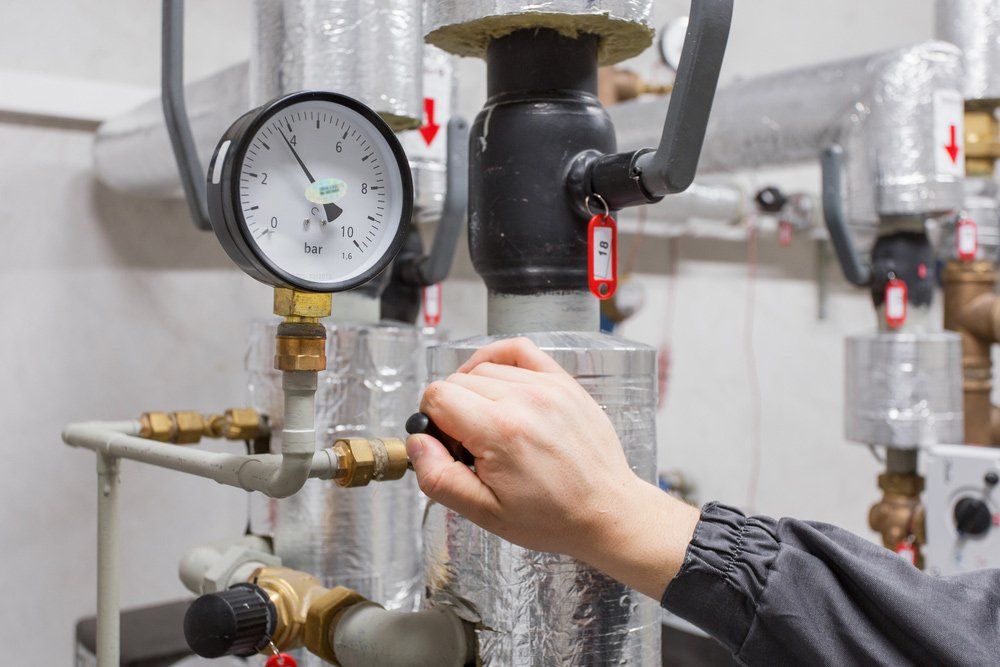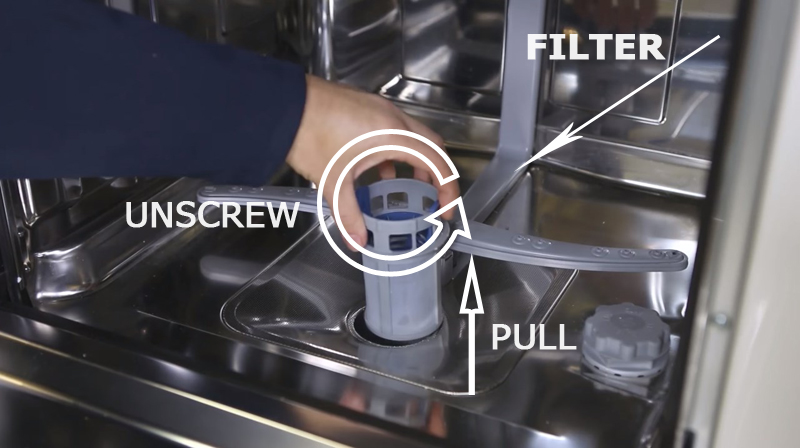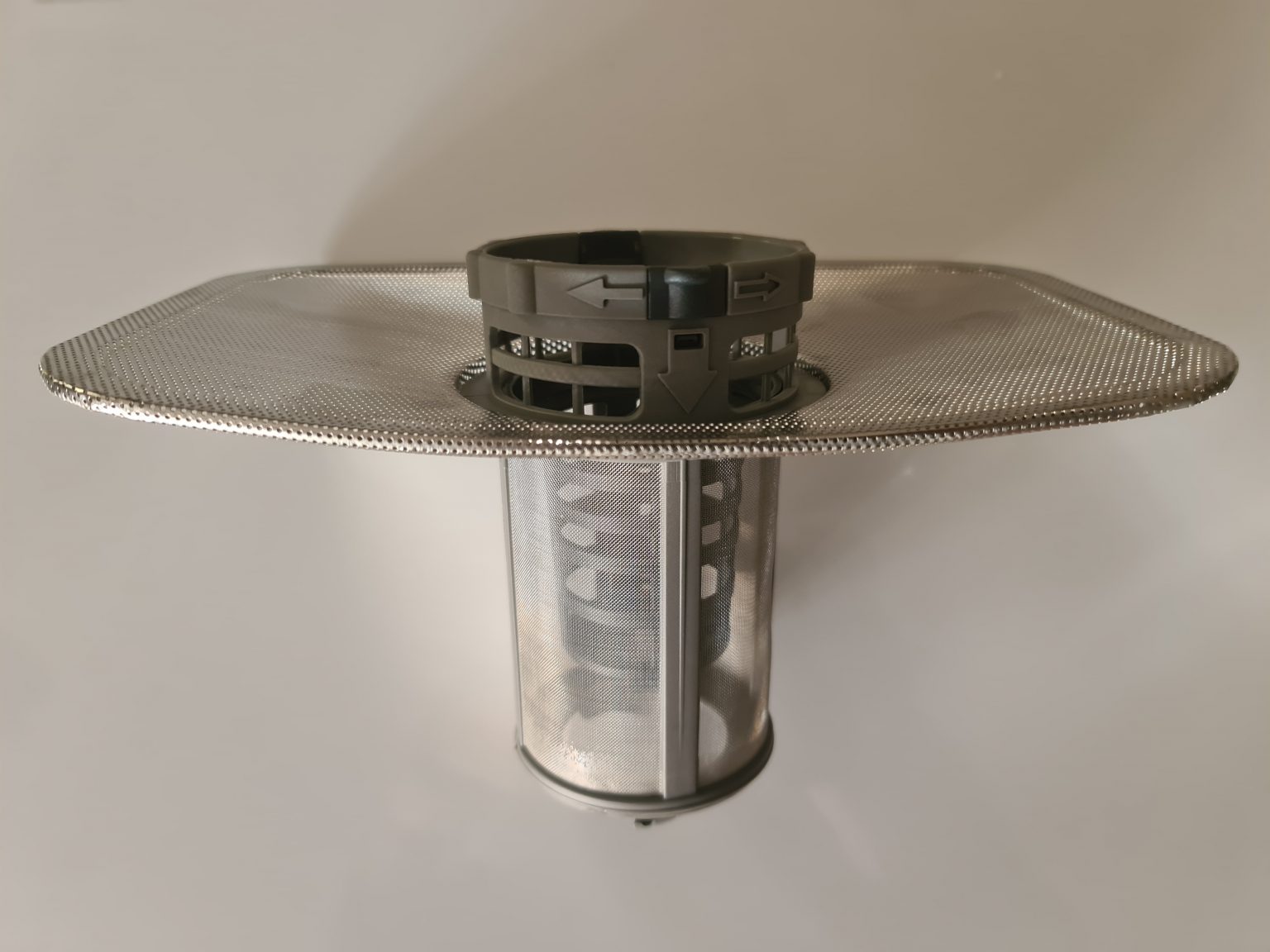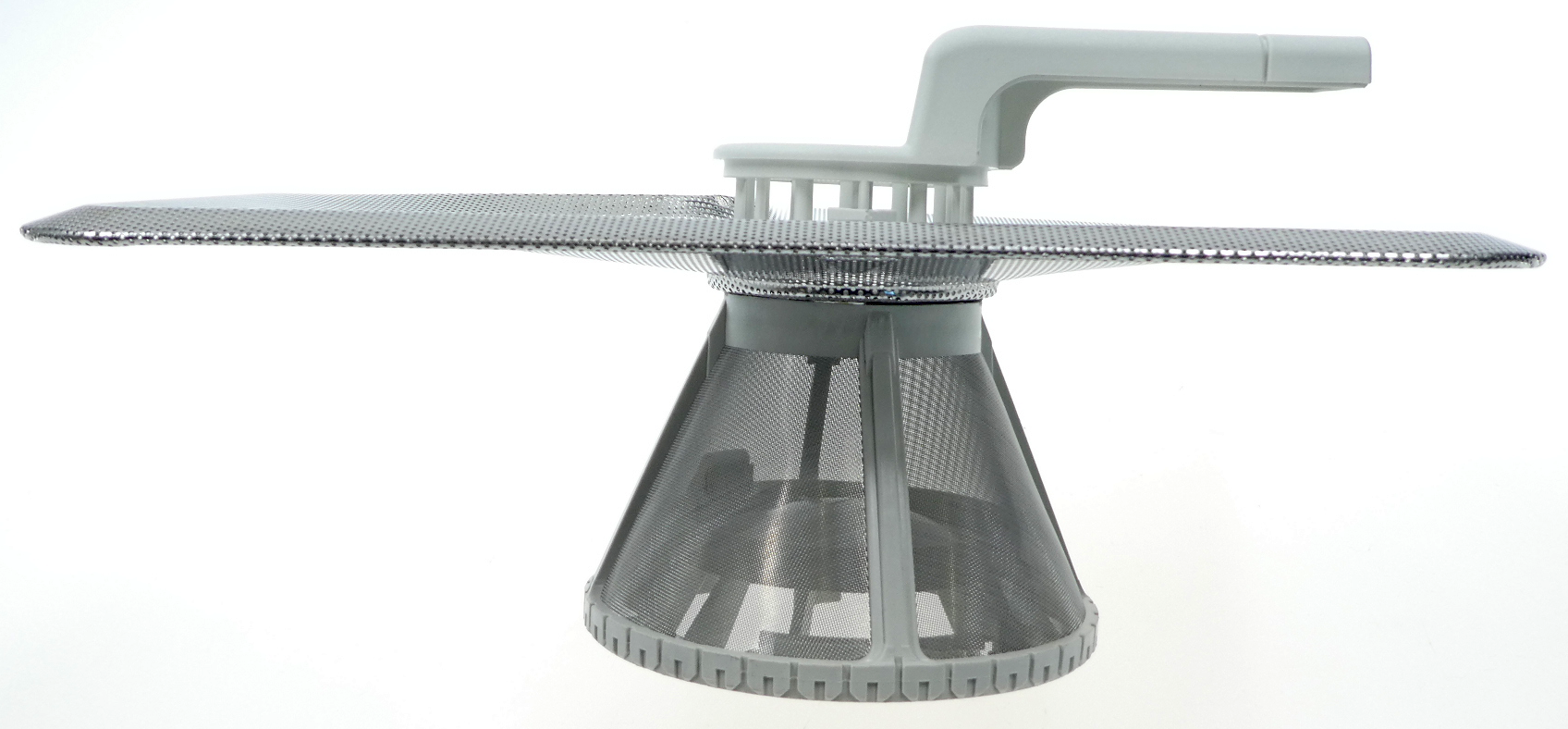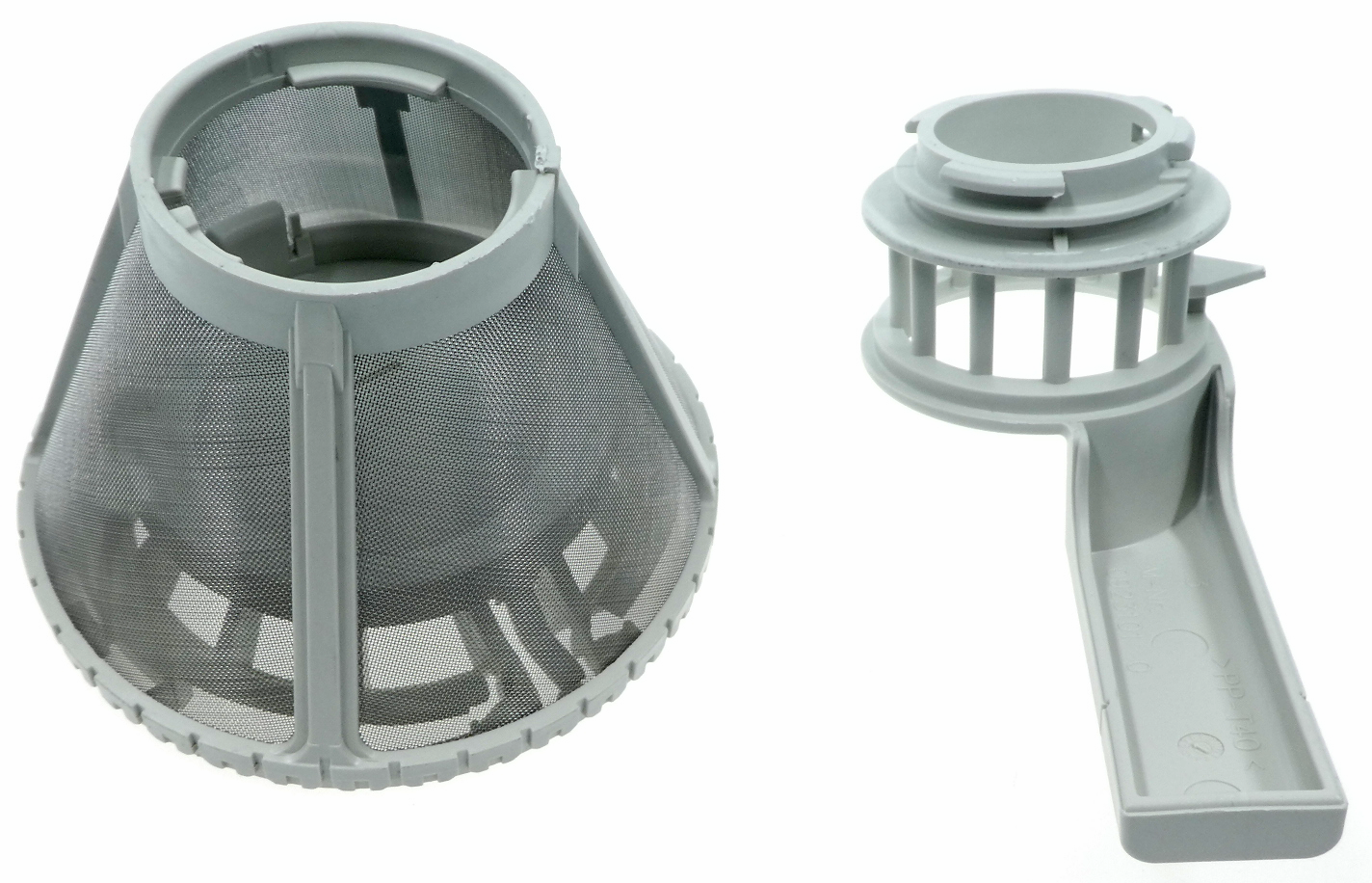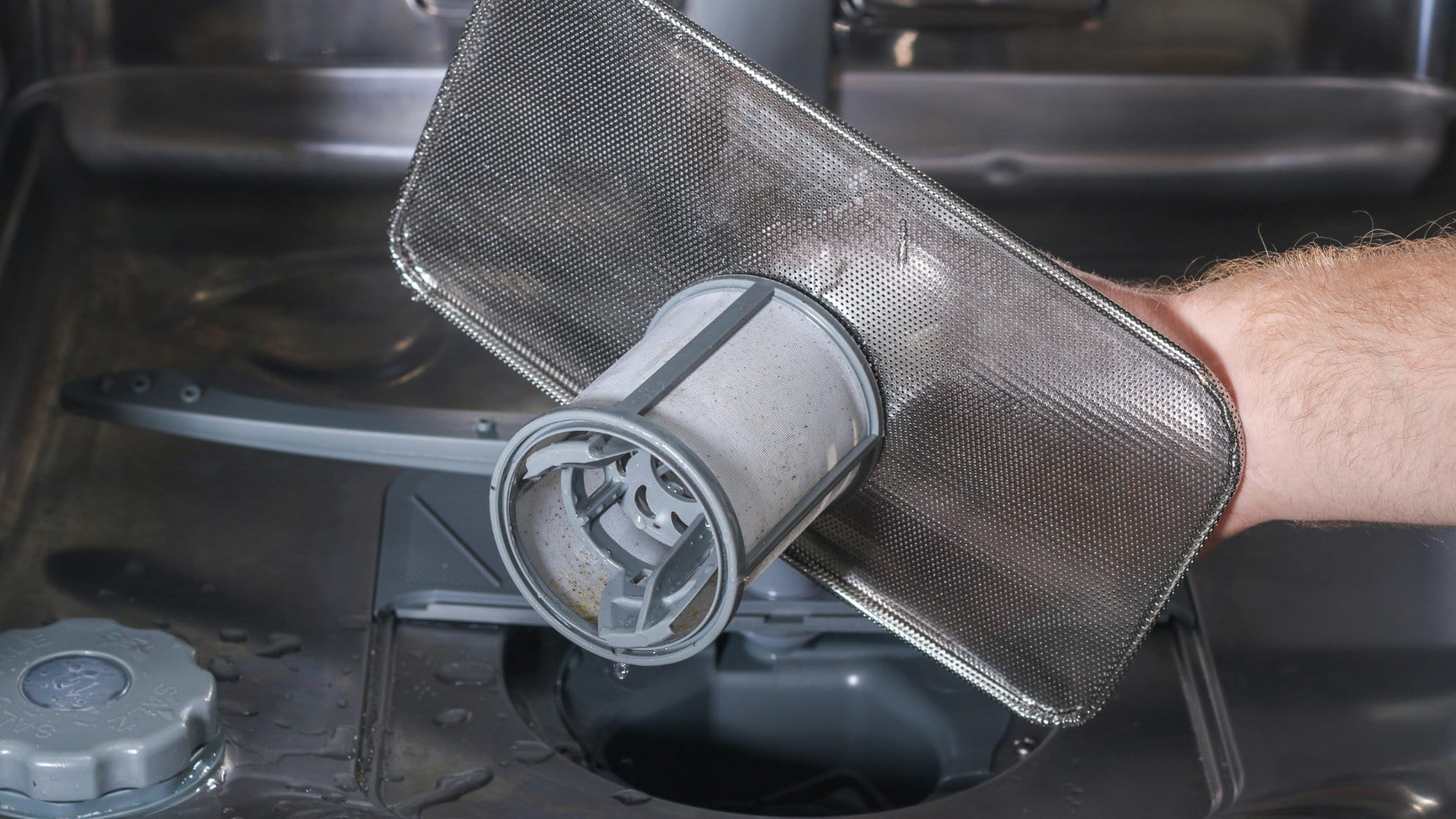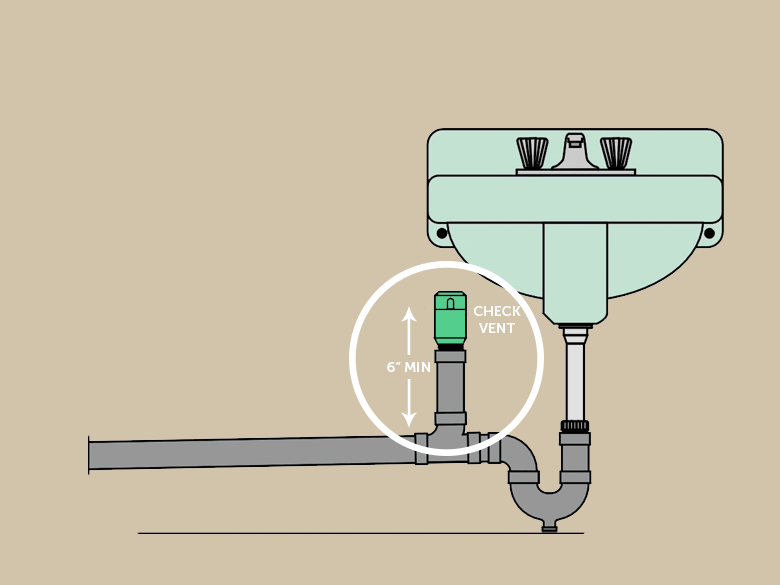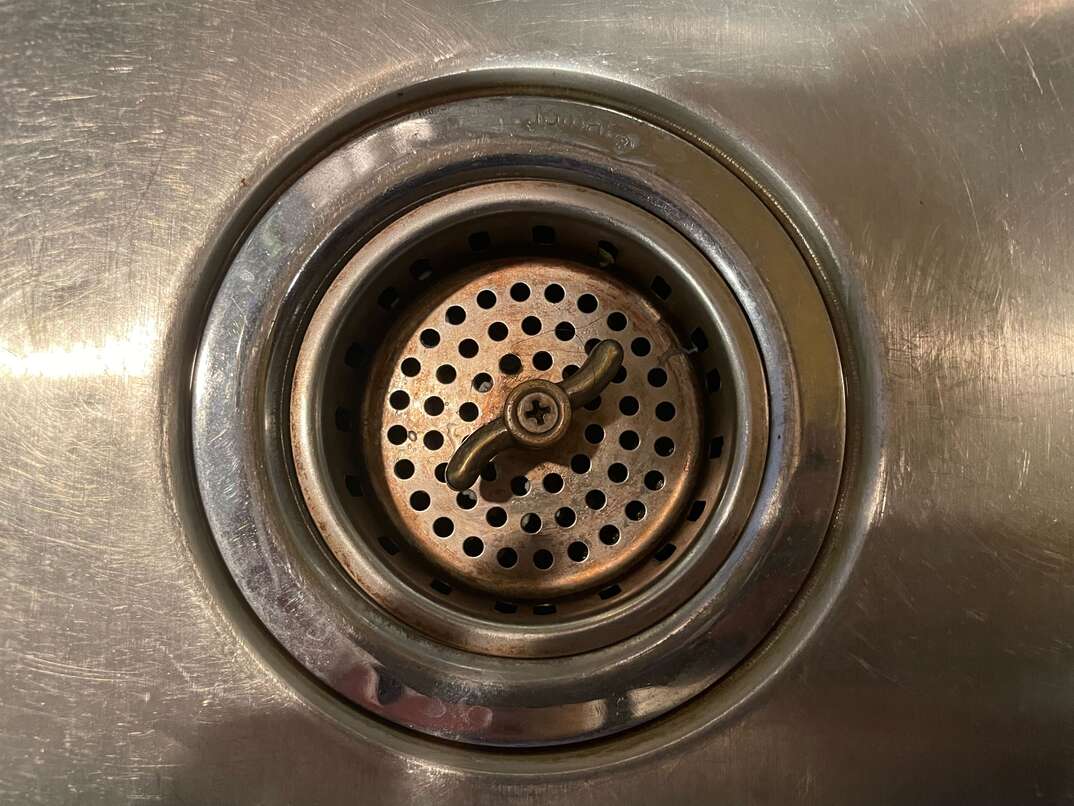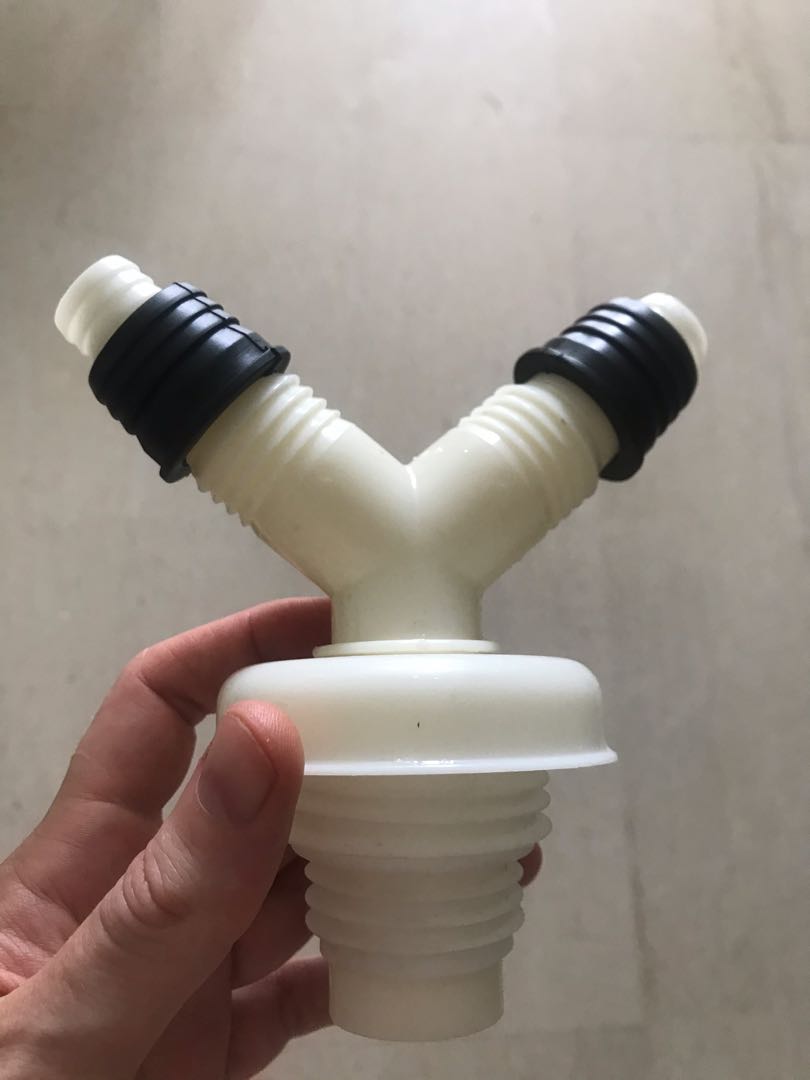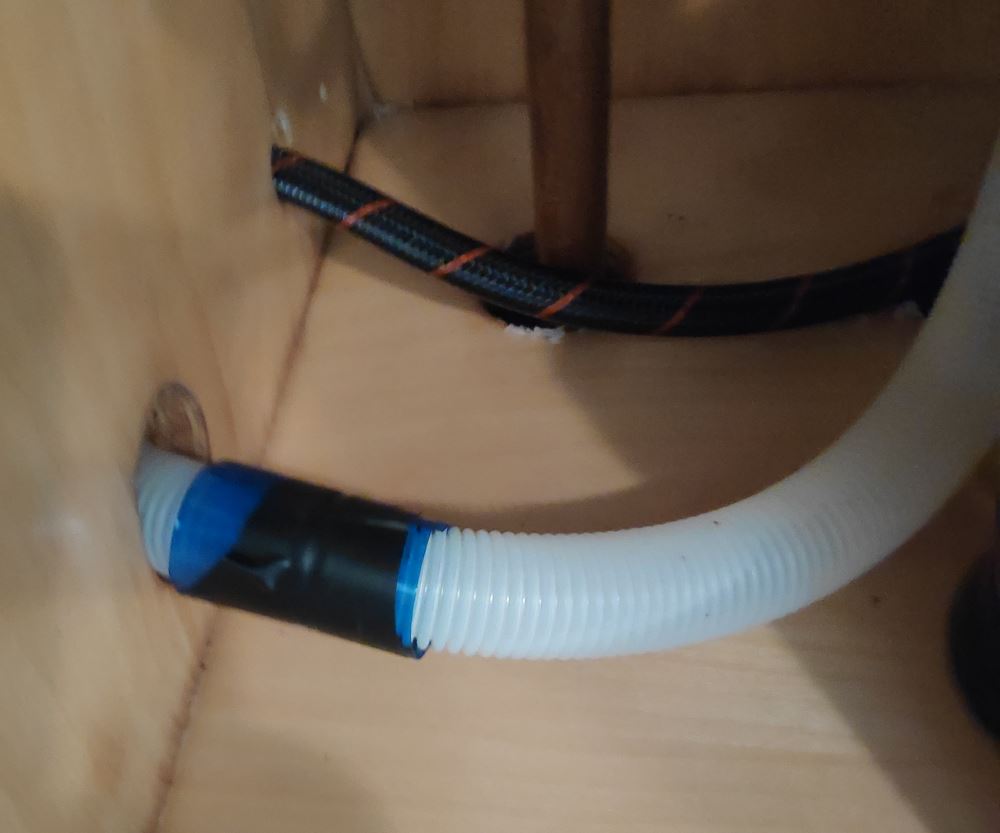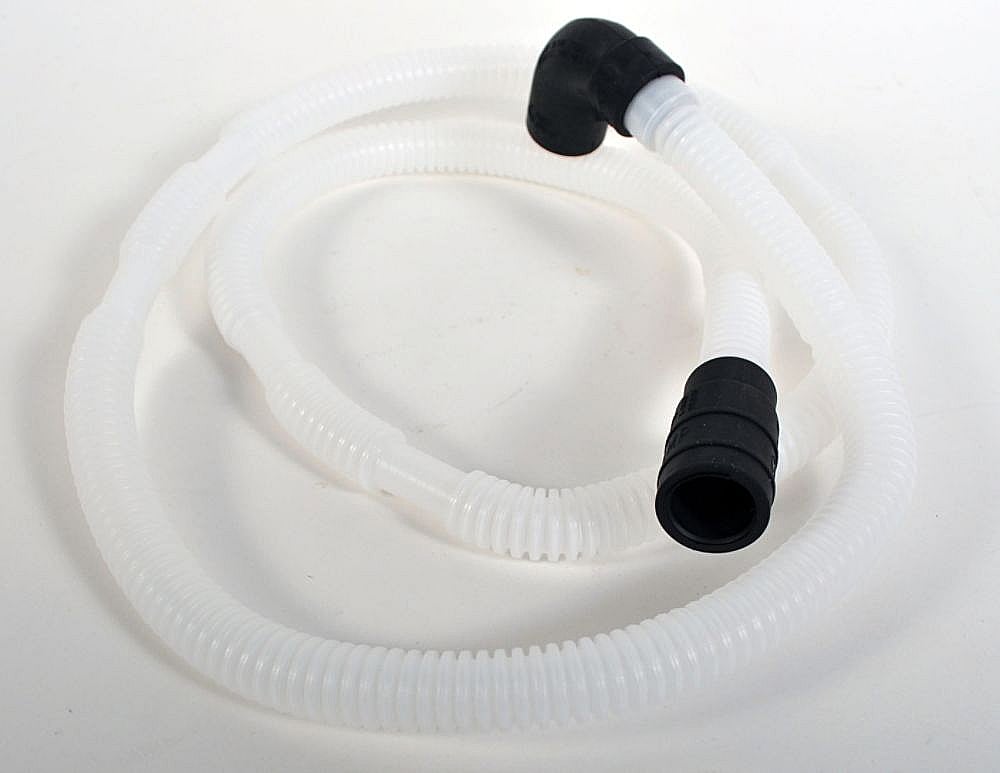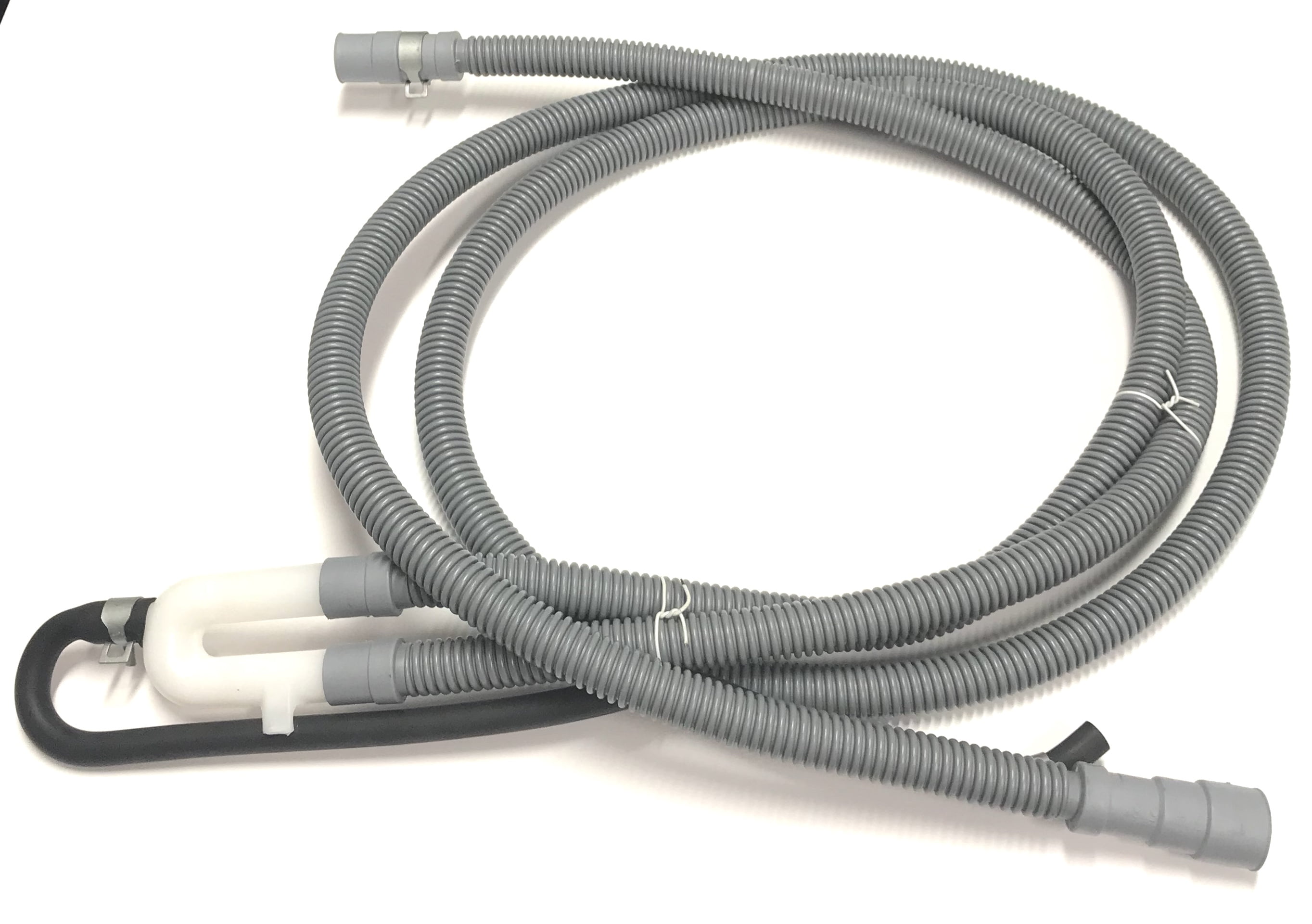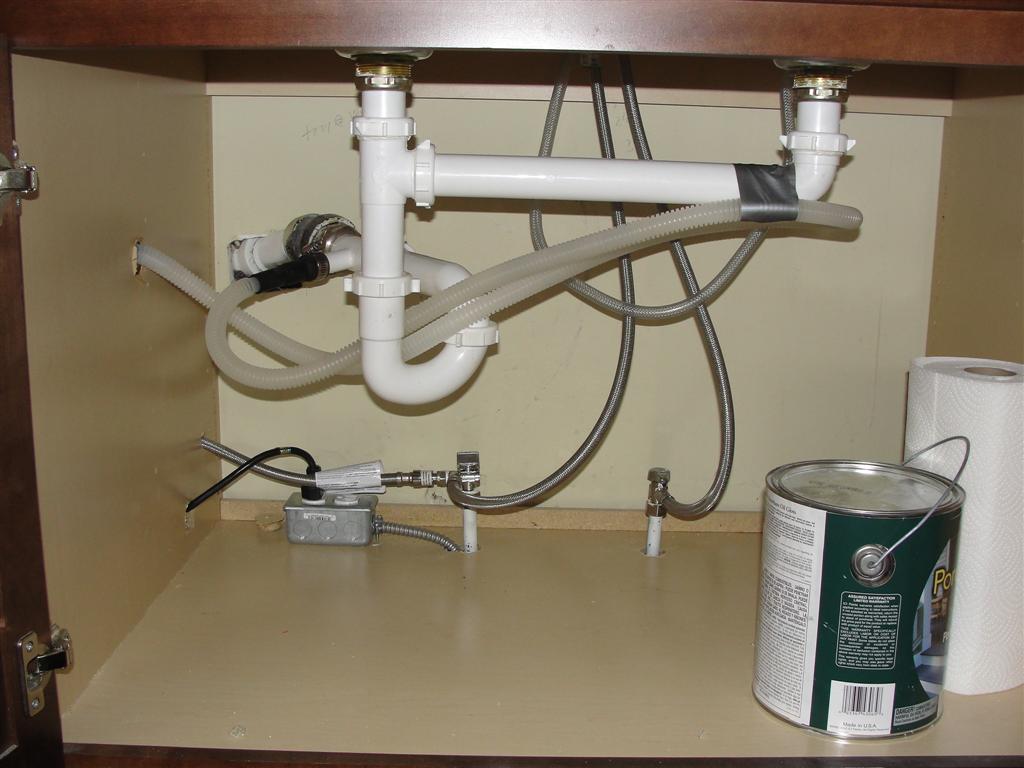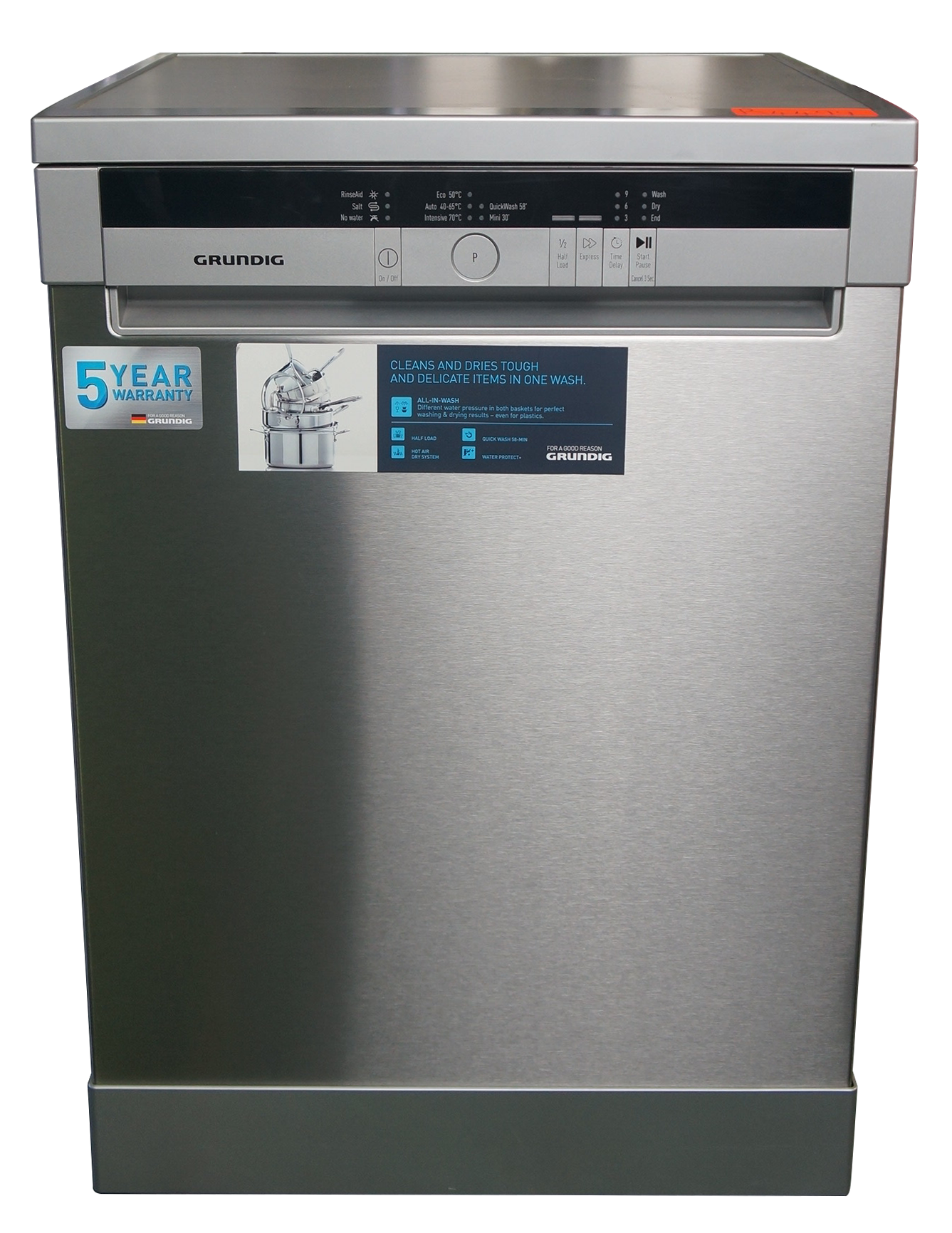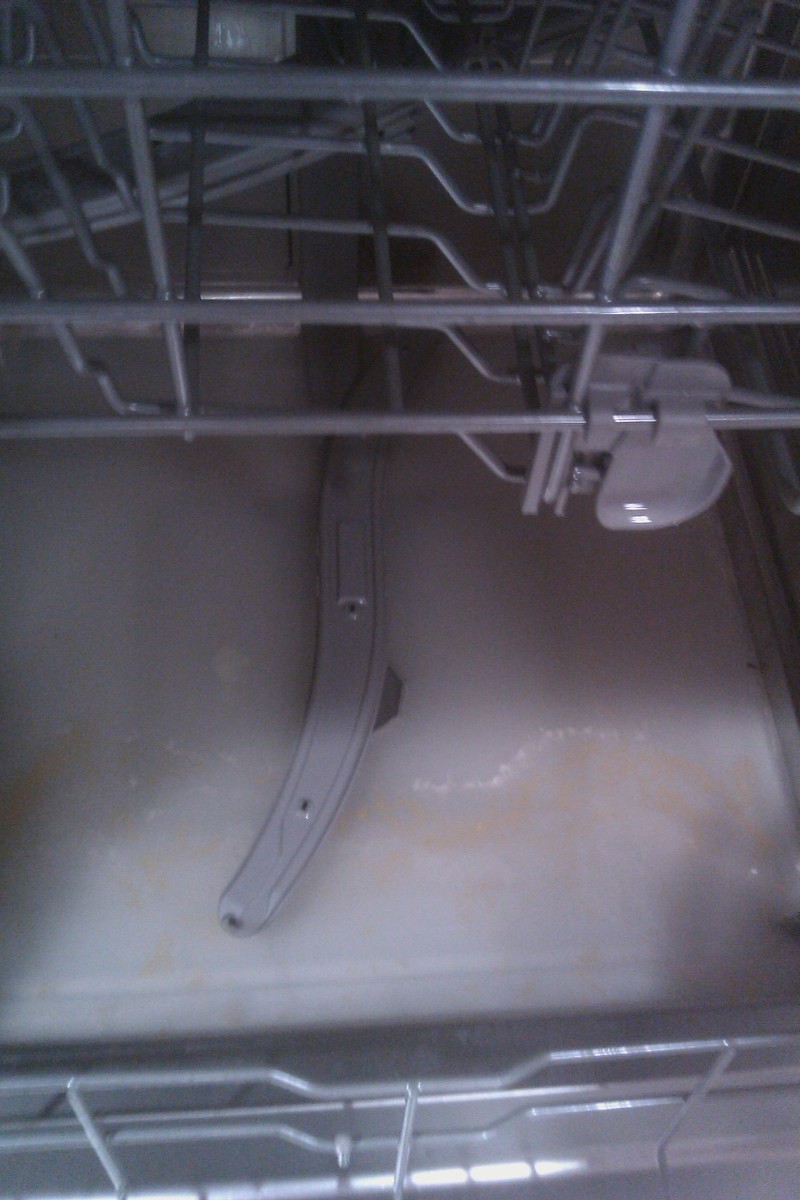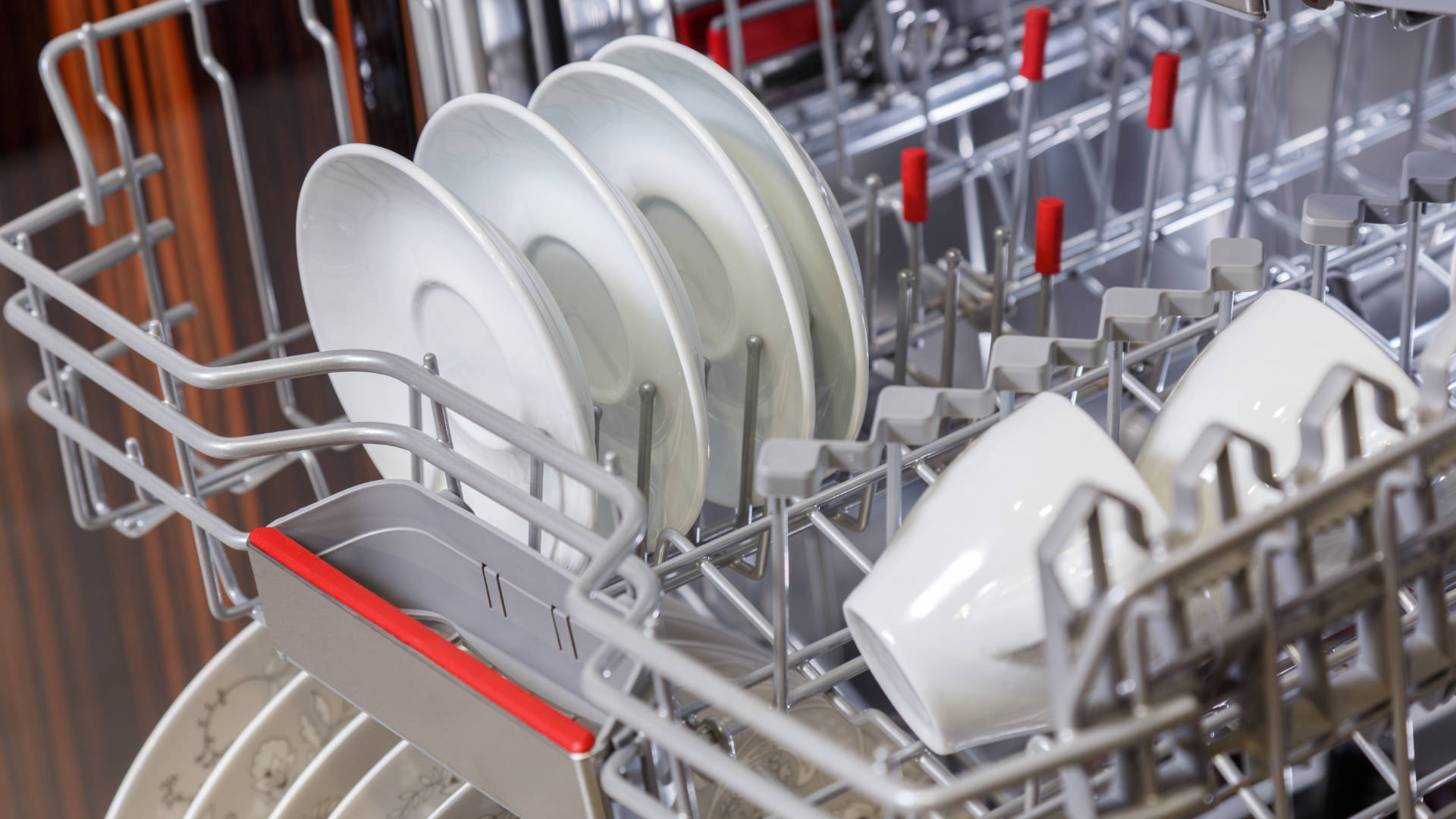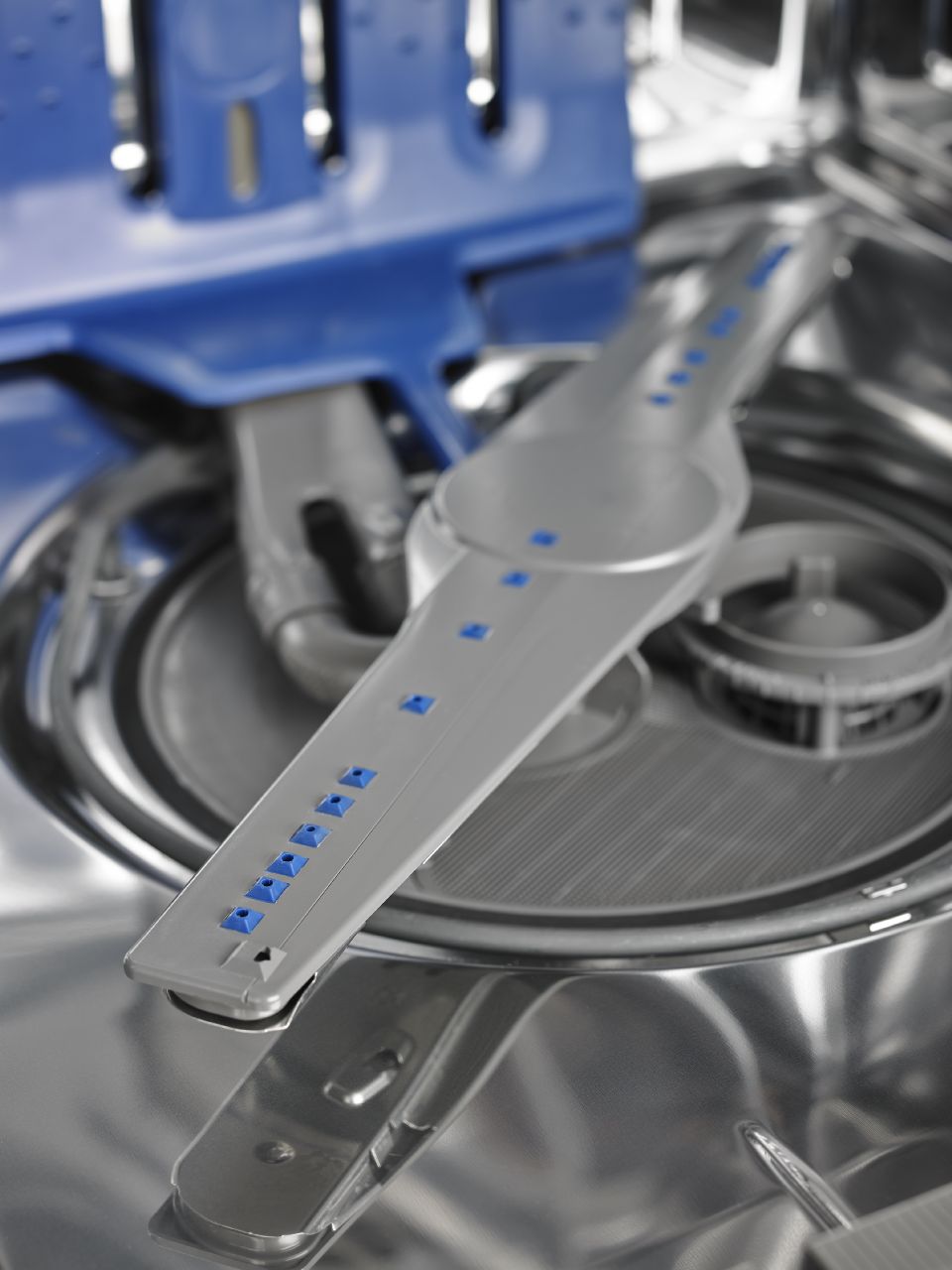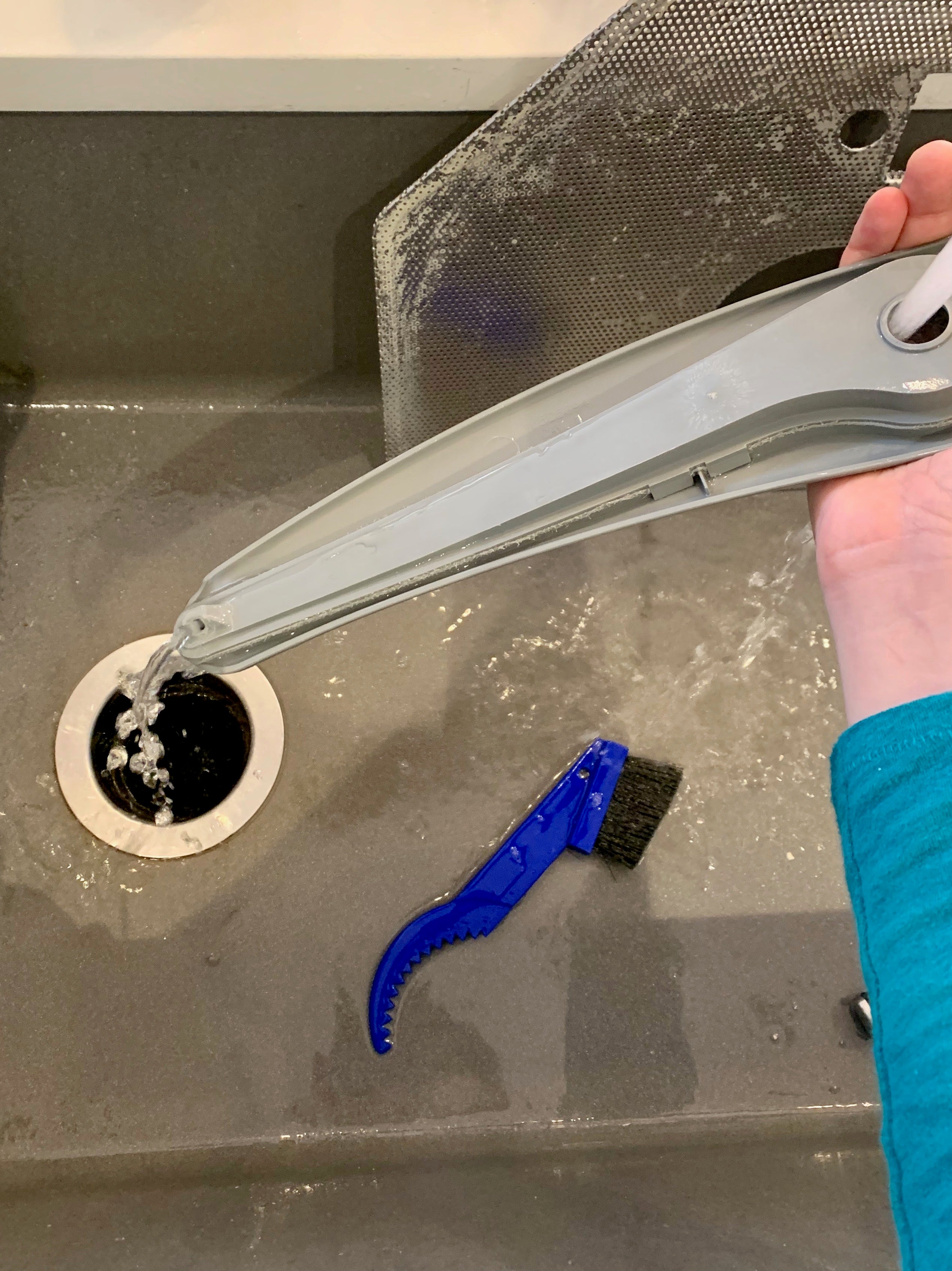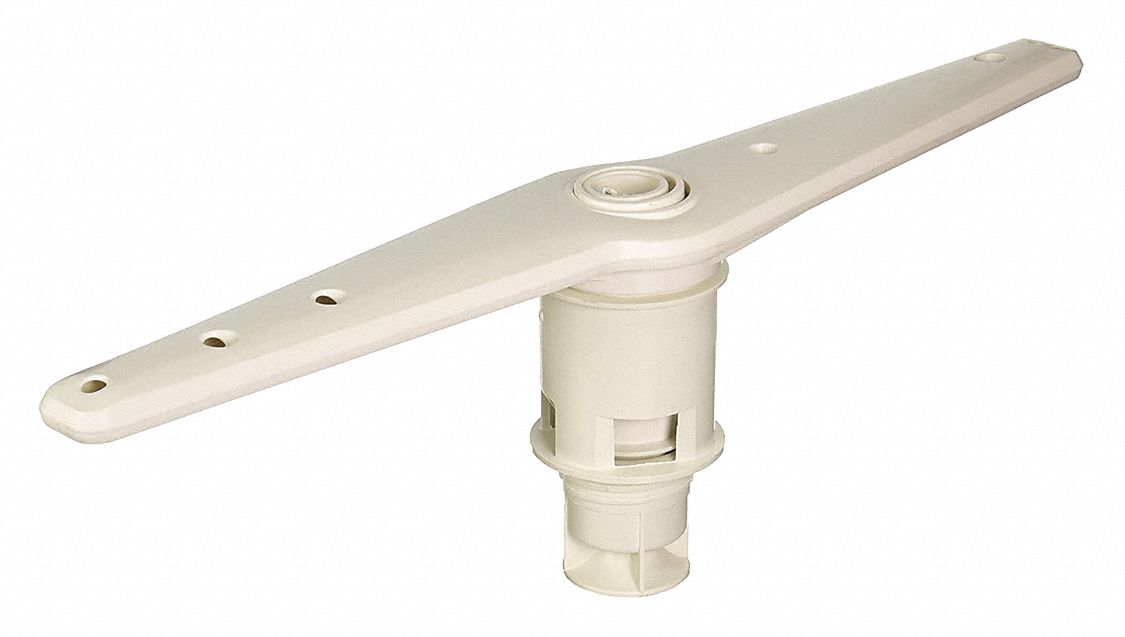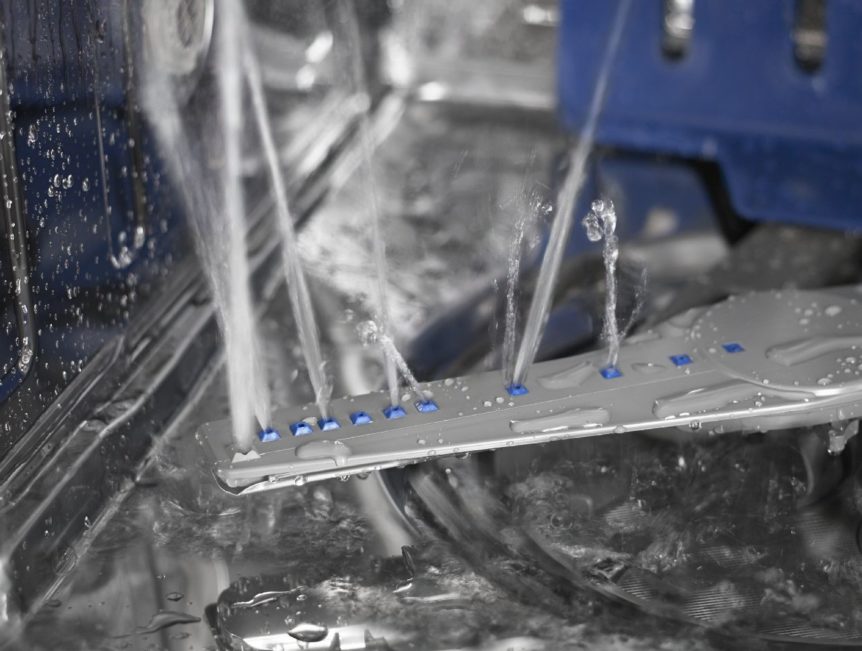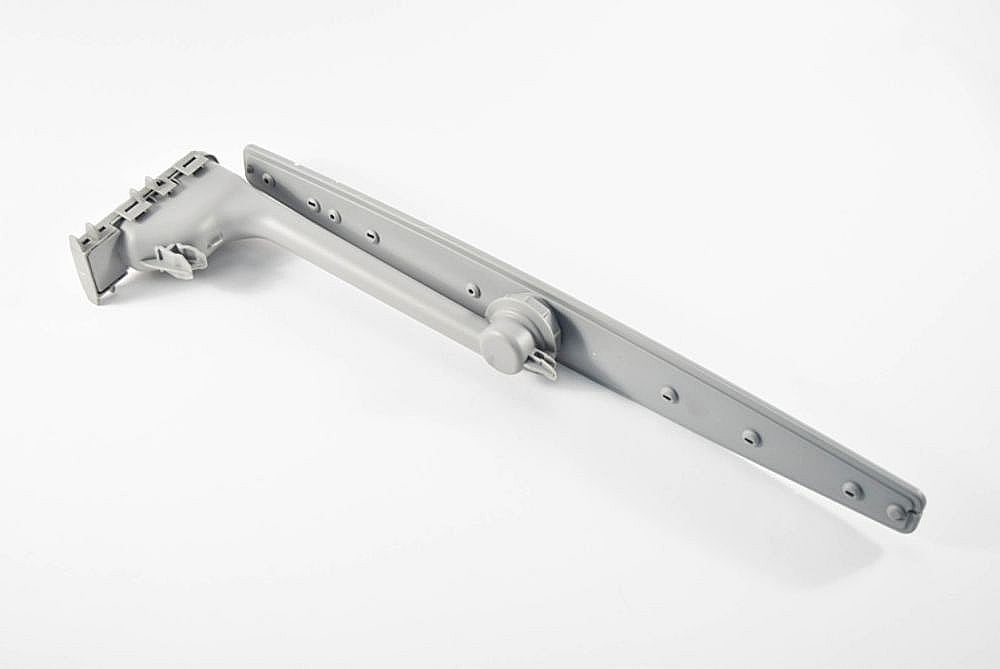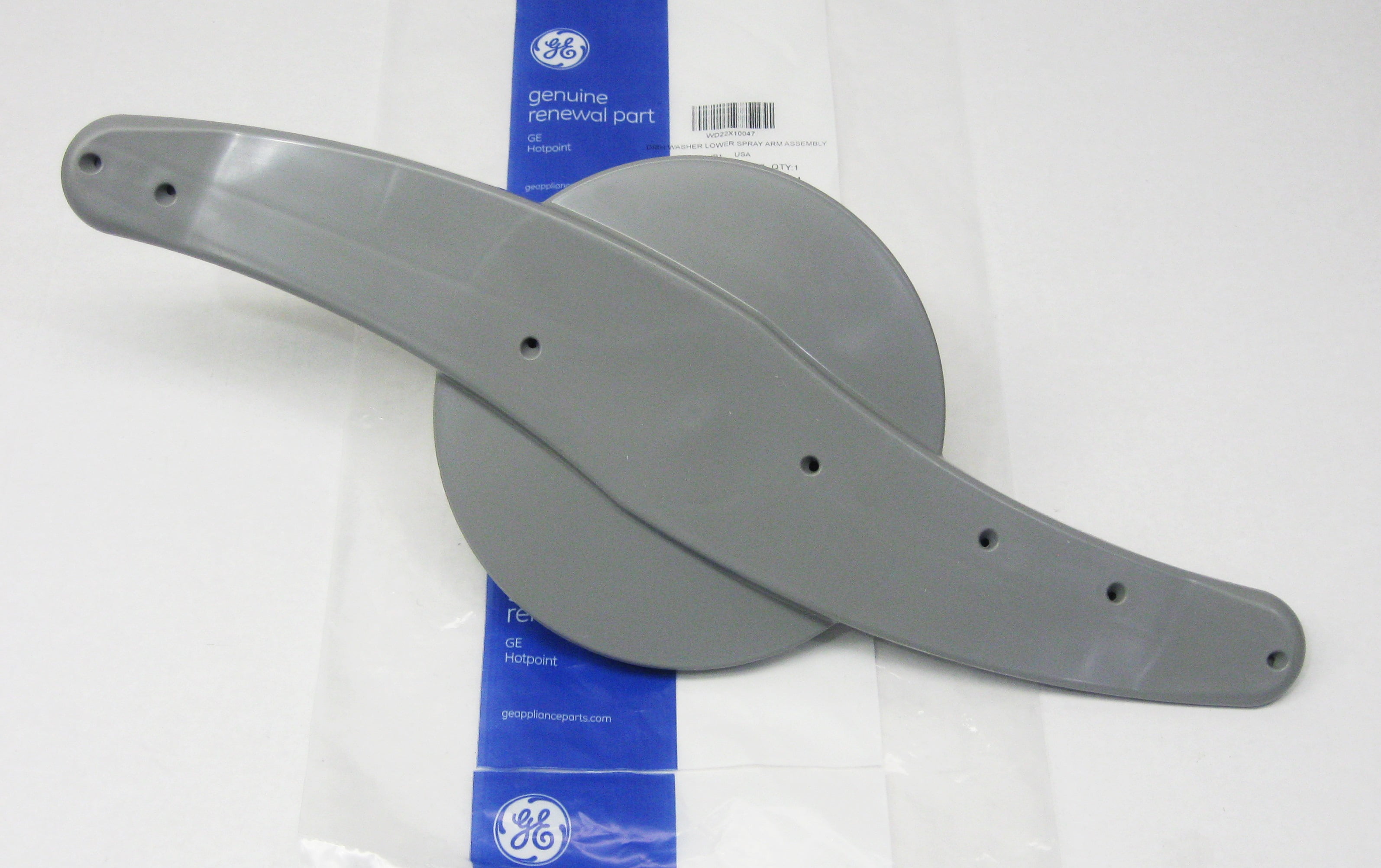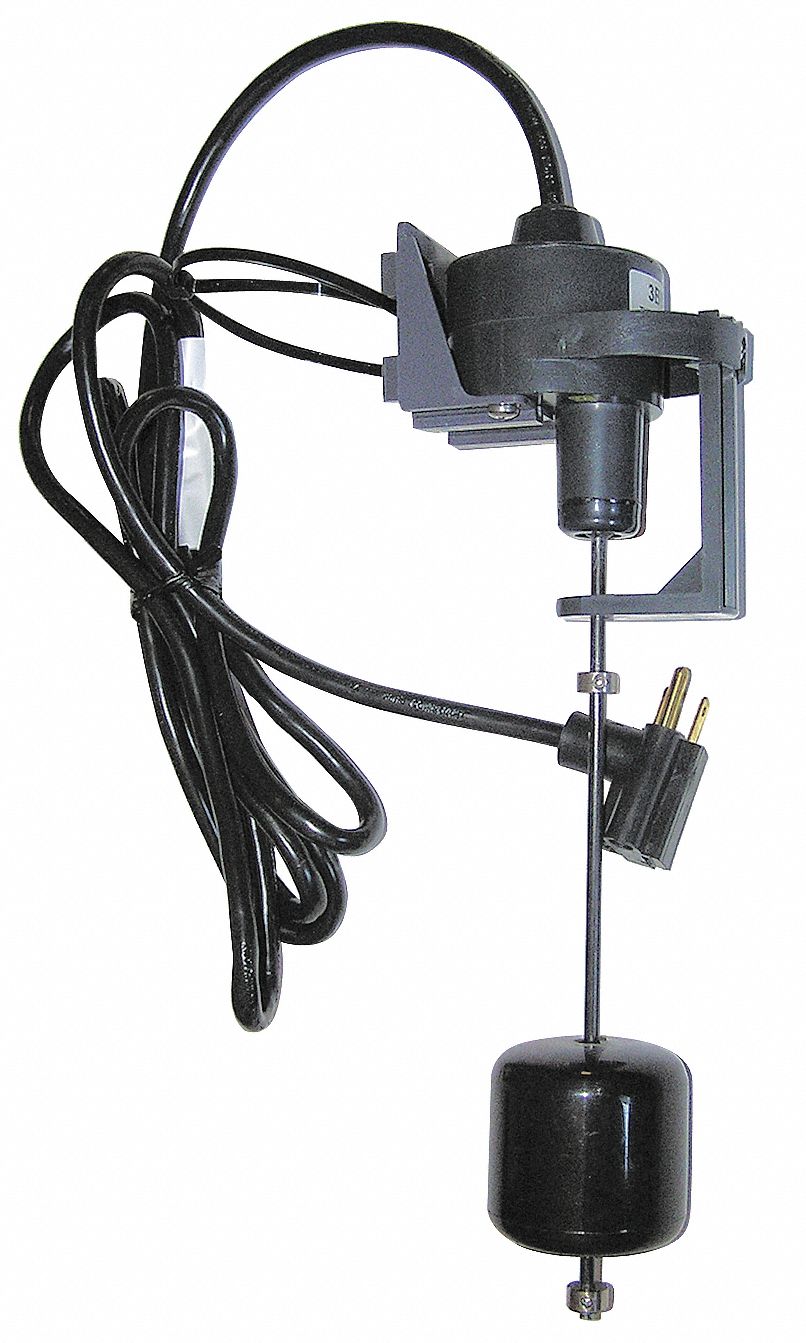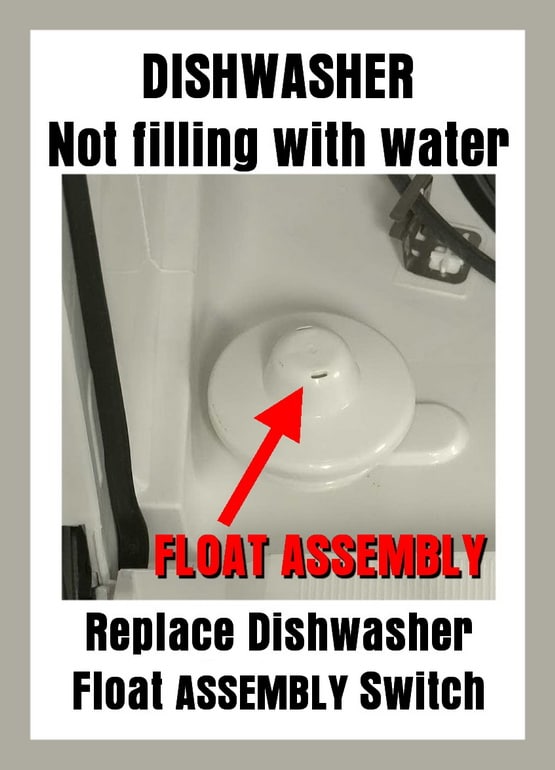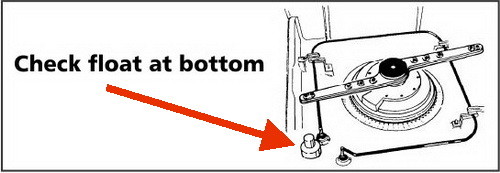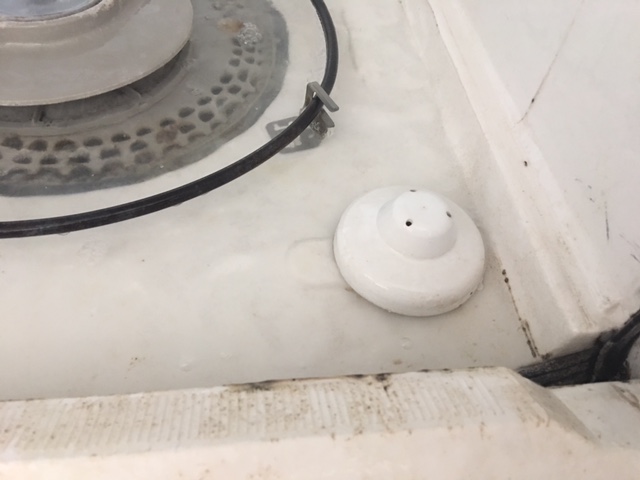If your kitchen sink and dishwasher suddenly stop getting water, the first thing you should do is check the water supply. This could be the main source of the problem and can often be easily fixed. Make sure that the water supply valve is turned on and that there are no issues with the main water line. If you have a private well, check to see if the pump is working properly and if there is enough water in the well. If you are on a municipal water system, check if there are any known issues in your area that could be causing a disruption in the water supply. It is also important to check the water pressure in your home. If it is too low, this could be the reason why your sink and dishwasher are not getting enough water. You can test the water pressure using a pressure gauge or call a professional plumber to do it for you.Check the water supply
The next step is to check the water valve for your sink and dishwasher. This is usually located under the sink and can be turned on or off to control the flow of water. Make sure that the valve is fully open and not partially closed, as this can restrict the water flow. If the valve is stuck or not functioning properly, it may need to be replaced. This is a simple and inexpensive fix that can solve the issue of no water in your sink and dishwasher.Check the water valve
As mentioned earlier, low water pressure can be the culprit behind your sink and dishwasher not getting enough water. If you have tested the water pressure and found it to be low, there are a few possible reasons for this. One reason could be a clogged aerator on your sink faucet. This can easily be cleaned or replaced to improve water pressure. Another reason could be a buildup of minerals or debris in your pipes, which may require professional cleaning. If the water pressure is consistently low, it may be worth investing in a water pressure booster to ensure that your sink and dishwasher always have enough water.Check the water pressure
Many dishwashers have a filter that traps food particles and other debris to prevent them from clogging the drain and causing damage to the dishwasher. If this filter becomes clogged, it can restrict the water flow and cause issues with getting enough water in the dishwasher. Check your dishwasher's manual to locate the filter and clean or replace it as needed. This should be done regularly to prevent any build-up that can cause problems with water flow and the overall performance of your dishwasher.Check the dishwasher filter
If your sink is not getting enough water, it may be due to a clogged drain. This can happen from food particles, grease, and other debris getting stuck in the pipes. A plunger or drain snake can often fix this issue, but if the clog is stubborn, you may need to call a professional plumber. Regularly cleaning your sink drain can prevent clogs and ensure that water is flowing freely to your sink and dishwasher.Check the sink drain
The dishwasher hose is responsible for carrying water from the sink to the dishwasher. If this hose becomes kinked or damaged, it can restrict the water flow and cause issues with getting enough water in the dishwasher. Inspect the dishwasher hose for any cracks, leaks, or kinks and replace it if necessary. It is also a good idea to check the connection points to ensure that they are secure and not causing any issues with water flow.Check the dishwasher hose
The dishwasher pump is the part of the dishwasher that circulates water throughout the machine. If it is not working properly, this can result in a lack of water in your dishwasher. If you suspect that the pump is the issue, it is best to call a professional to diagnose and fix the problem. Attempting to fix the dishwasher pump yourself can be dangerous and may cause further damage to your dishwasher.Check the dishwasher pump
The spray arm is responsible for distributing water and detergent throughout the dishwasher to clean your dishes. If it is clogged or damaged, this can result in a lack of water in the dishwasher. Inspect the spray arm for any debris or buildup, and clean or replace it if necessary. This should be done regularly to ensure that your dishwasher is functioning properly.Check the dishwasher spray arm
The dishwasher float switch is a safety feature that prevents the dishwasher from overflowing. If it is stuck or malfunctioning, this can cause issues with the water flow in your dishwasher. Check the float switch to make sure it is not stuck in the up position, as this can prevent water from entering the dishwasher. If it is stuck, gently push it down to see if this resolves the issue.Check the dishwasher float switch
If the dishwasher door is not properly closed and latched, this can prevent water from entering the dishwasher. Make sure that the door is securely closed and latched before starting a cycle. If the door latch is damaged or broken, this will need to be replaced to ensure proper functioning of your dishwasher. In conclusion, a lack of water in your kitchen sink and dishwasher can be caused by a variety of issues. By checking the water supply, valves, pressure, filters, and various parts of the dishwasher, you can troubleshoot and fix the problem to ensure that your kitchen appliances are functioning properly. Regular maintenance and cleaning can also prevent these issues from occurring in the future.Check the dishwasher door latch
The Importance of Proper Plumbing in House Design

Kitchen Sink and Dishwasher No Water? Here's What You Need to Know
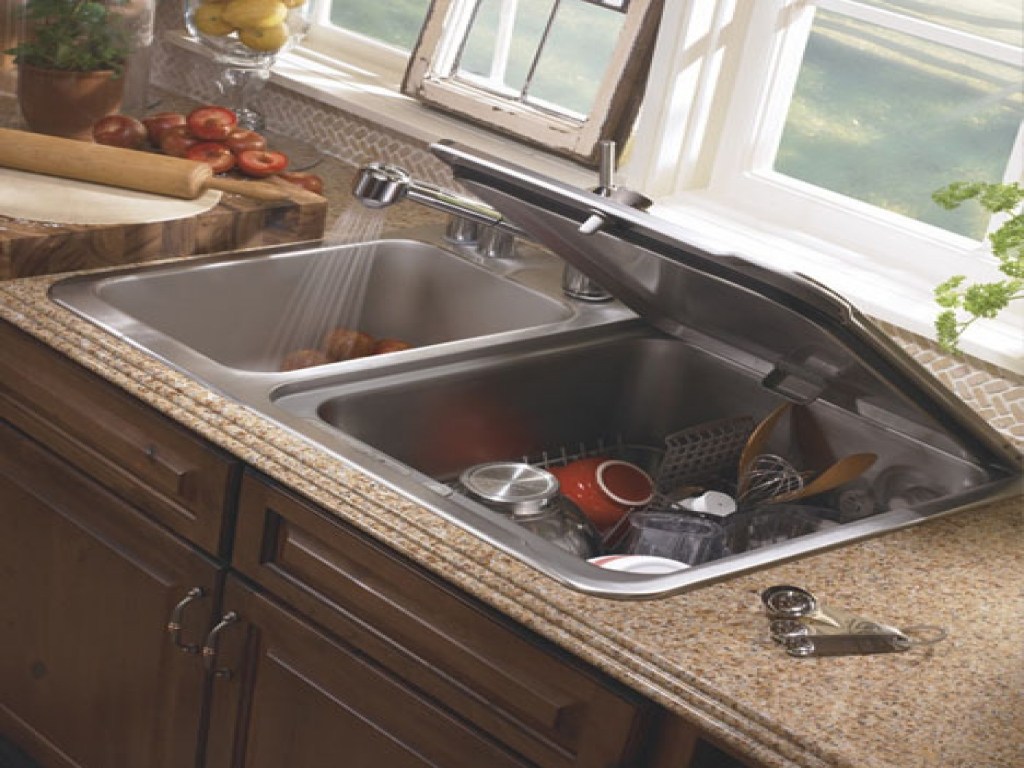 When designing a house, it's easy to get caught up in the more exciting elements like choosing paint colors and furniture. However, one important aspect that should not be overlooked is the plumbing system. This includes the pipes, fixtures, and appliances that provide water and remove waste from your home. Neglecting proper plumbing design can lead to issues such as a kitchen sink and dishwasher with no water, which can be frustrating and inconvenient.
Why is proper plumbing design important?
A well-designed plumbing system ensures that clean water is delivered to your home and wastewater is safely removed. It also plays a crucial role in maintaining the overall health and hygiene of your household. Improper plumbing design can lead to various problems like water leaks, clogs, and low water pressure, which can disrupt your daily routine and potentially cause damage to your home.
What causes a kitchen sink and dishwasher to have no water?
The most common reason for this issue is a clogged pipe. This can be caused by a buildup of food particles, grease, or other debris that has accumulated over time. Another possible cause is a faulty faucet or valve that is not allowing water to flow properly. It's important to address these issues promptly to avoid further damage and inconvenience.
How can proper plumbing design prevent this issue?
A well-designed plumbing system takes into consideration the layout and usage of your home. This includes the placement of pipes, fixtures, and appliances, as well as the materials used for the plumbing system. A professional plumber can ensure that your kitchen sink and dishwasher are connected to the main water supply and have proper drainage to prevent clogs and backups.
What can you do if you're experiencing this issue?
If you're dealing with a kitchen sink and dishwasher with no water, the first step is to check for any obvious clogs. You can try using a plunger or a drain cleaner to remove the blockage. If the issue persists, it's best to call a professional plumber to assess the situation and provide a proper solution. Trying to fix the problem yourself may lead to further damage or even injury.
In conclusion, proper plumbing design is a crucial aspect of house design that should not be overlooked. It ensures the functionality and efficiency of your home's water supply and waste removal system. If you're experiencing issues like a kitchen sink and dishwasher with no water, it's best to seek the help of a professional plumber to prevent further complications. Don't let plumbing problems ruin your home design, prioritize proper plumbing from the start.
When designing a house, it's easy to get caught up in the more exciting elements like choosing paint colors and furniture. However, one important aspect that should not be overlooked is the plumbing system. This includes the pipes, fixtures, and appliances that provide water and remove waste from your home. Neglecting proper plumbing design can lead to issues such as a kitchen sink and dishwasher with no water, which can be frustrating and inconvenient.
Why is proper plumbing design important?
A well-designed plumbing system ensures that clean water is delivered to your home and wastewater is safely removed. It also plays a crucial role in maintaining the overall health and hygiene of your household. Improper plumbing design can lead to various problems like water leaks, clogs, and low water pressure, which can disrupt your daily routine and potentially cause damage to your home.
What causes a kitchen sink and dishwasher to have no water?
The most common reason for this issue is a clogged pipe. This can be caused by a buildup of food particles, grease, or other debris that has accumulated over time. Another possible cause is a faulty faucet or valve that is not allowing water to flow properly. It's important to address these issues promptly to avoid further damage and inconvenience.
How can proper plumbing design prevent this issue?
A well-designed plumbing system takes into consideration the layout and usage of your home. This includes the placement of pipes, fixtures, and appliances, as well as the materials used for the plumbing system. A professional plumber can ensure that your kitchen sink and dishwasher are connected to the main water supply and have proper drainage to prevent clogs and backups.
What can you do if you're experiencing this issue?
If you're dealing with a kitchen sink and dishwasher with no water, the first step is to check for any obvious clogs. You can try using a plunger or a drain cleaner to remove the blockage. If the issue persists, it's best to call a professional plumber to assess the situation and provide a proper solution. Trying to fix the problem yourself may lead to further damage or even injury.
In conclusion, proper plumbing design is a crucial aspect of house design that should not be overlooked. It ensures the functionality and efficiency of your home's water supply and waste removal system. If you're experiencing issues like a kitchen sink and dishwasher with no water, it's best to seek the help of a professional plumber to prevent further complications. Don't let plumbing problems ruin your home design, prioritize proper plumbing from the start.
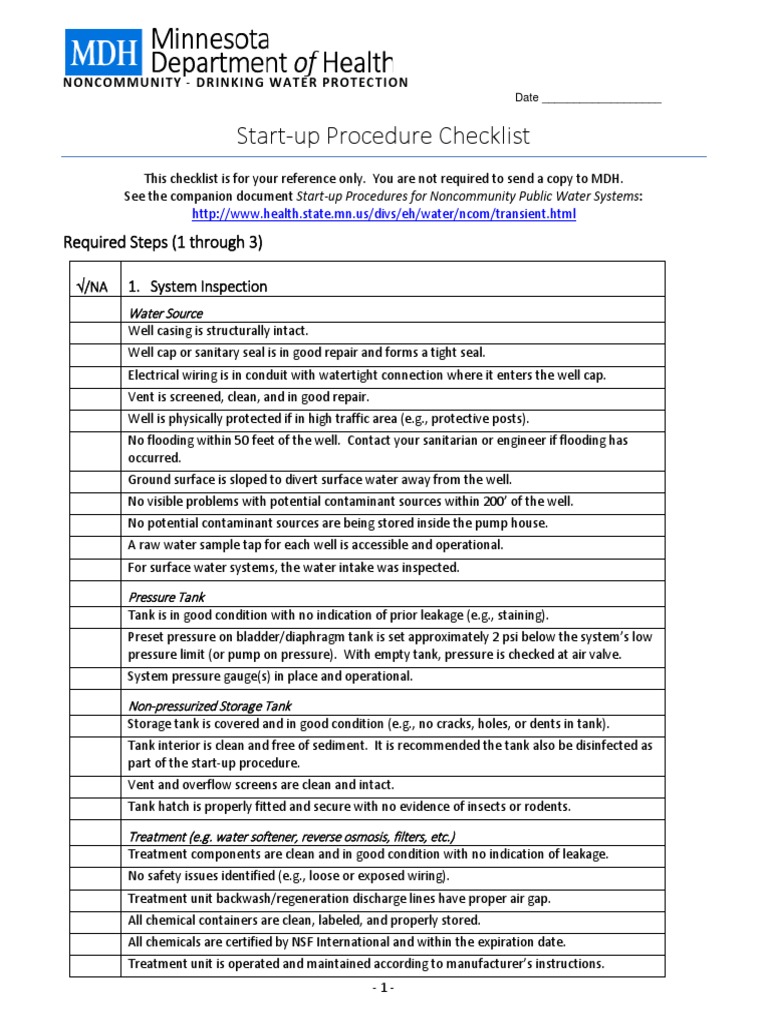


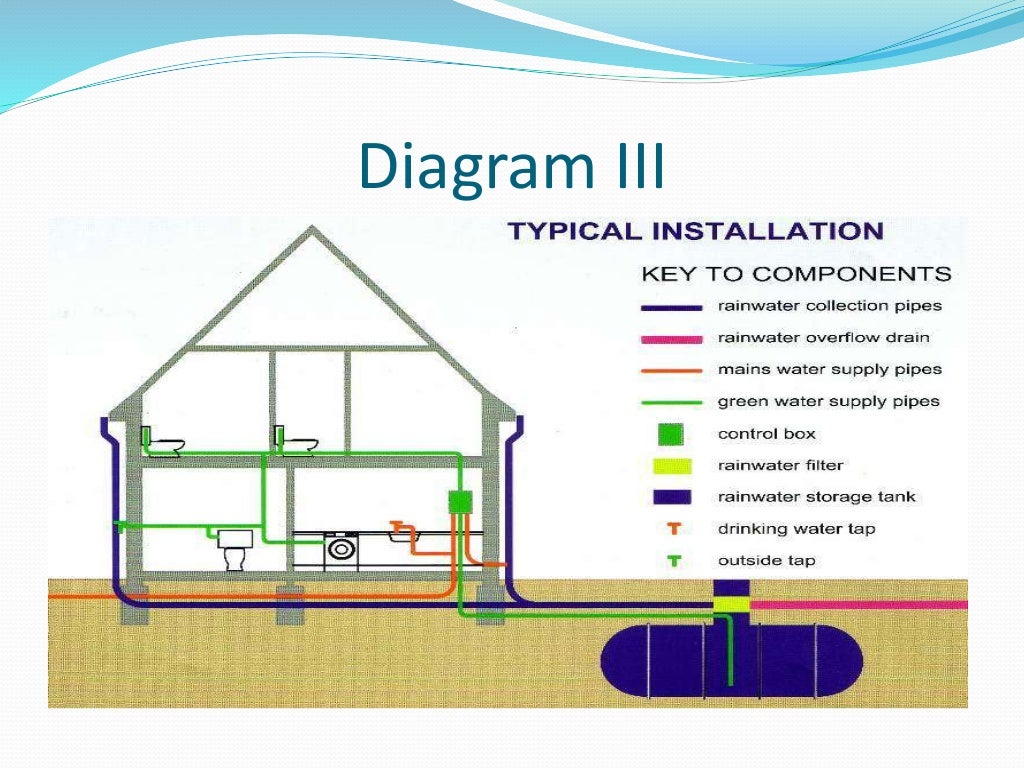




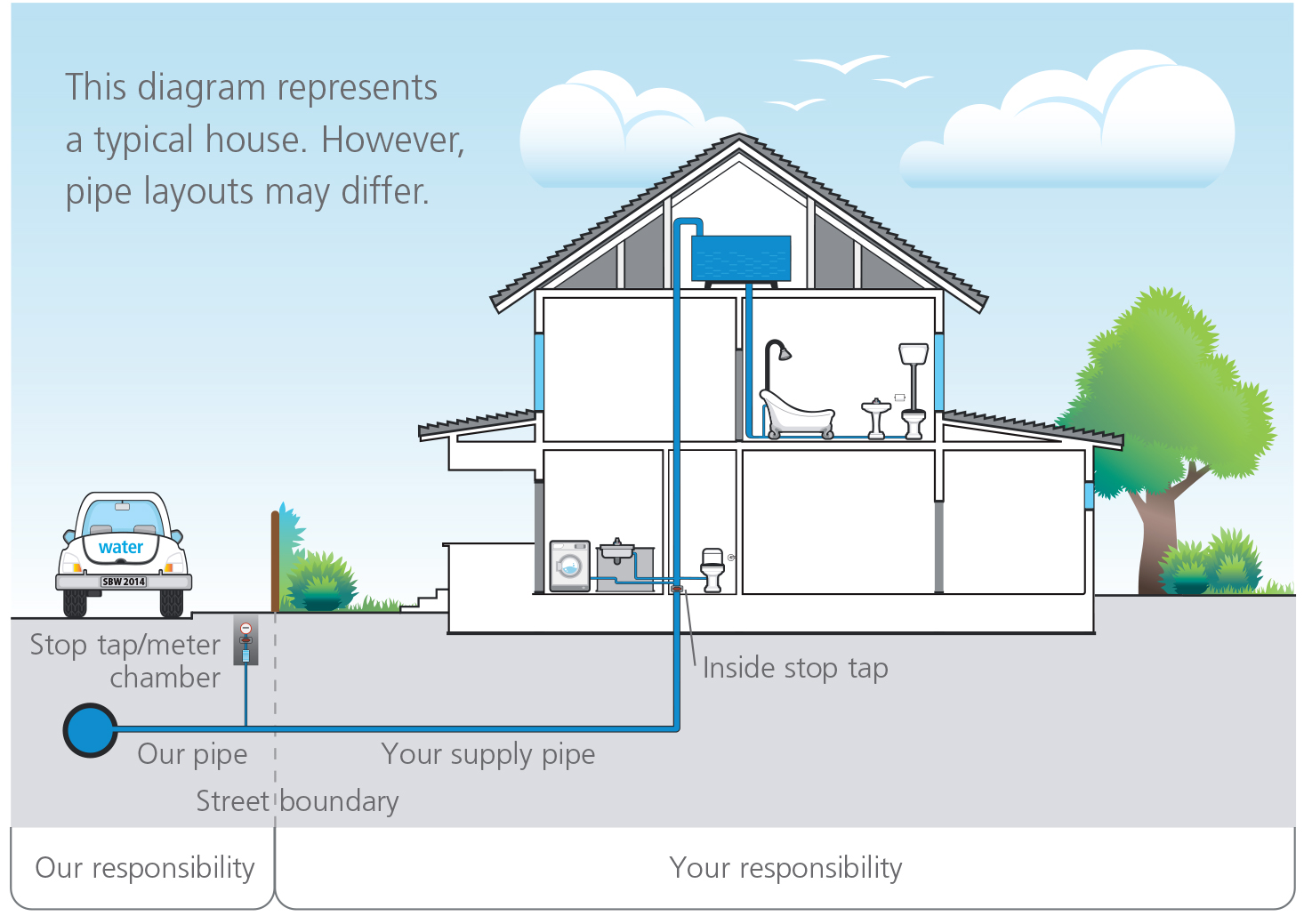

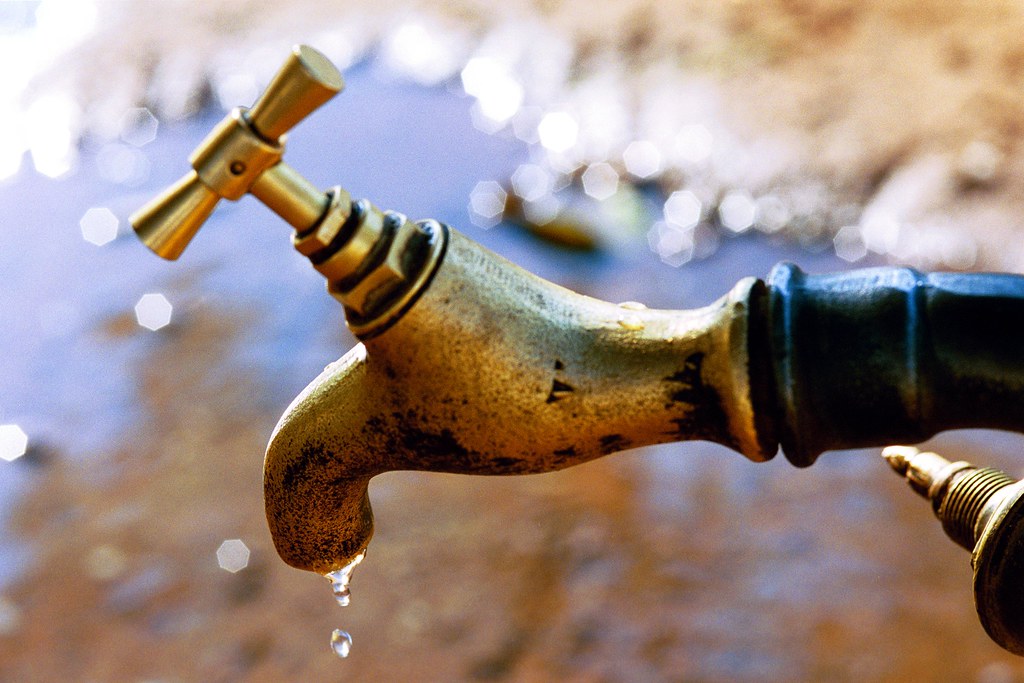




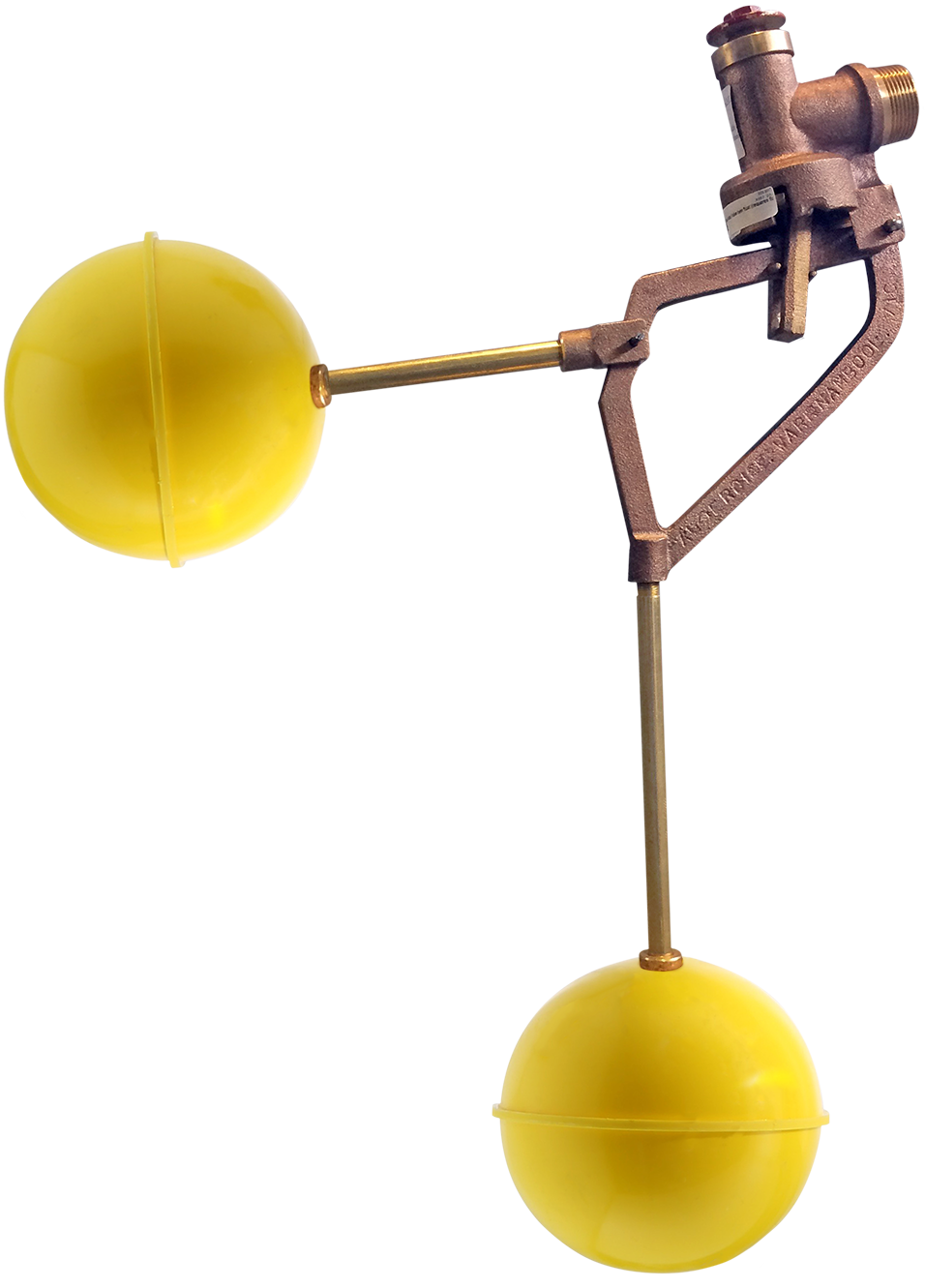



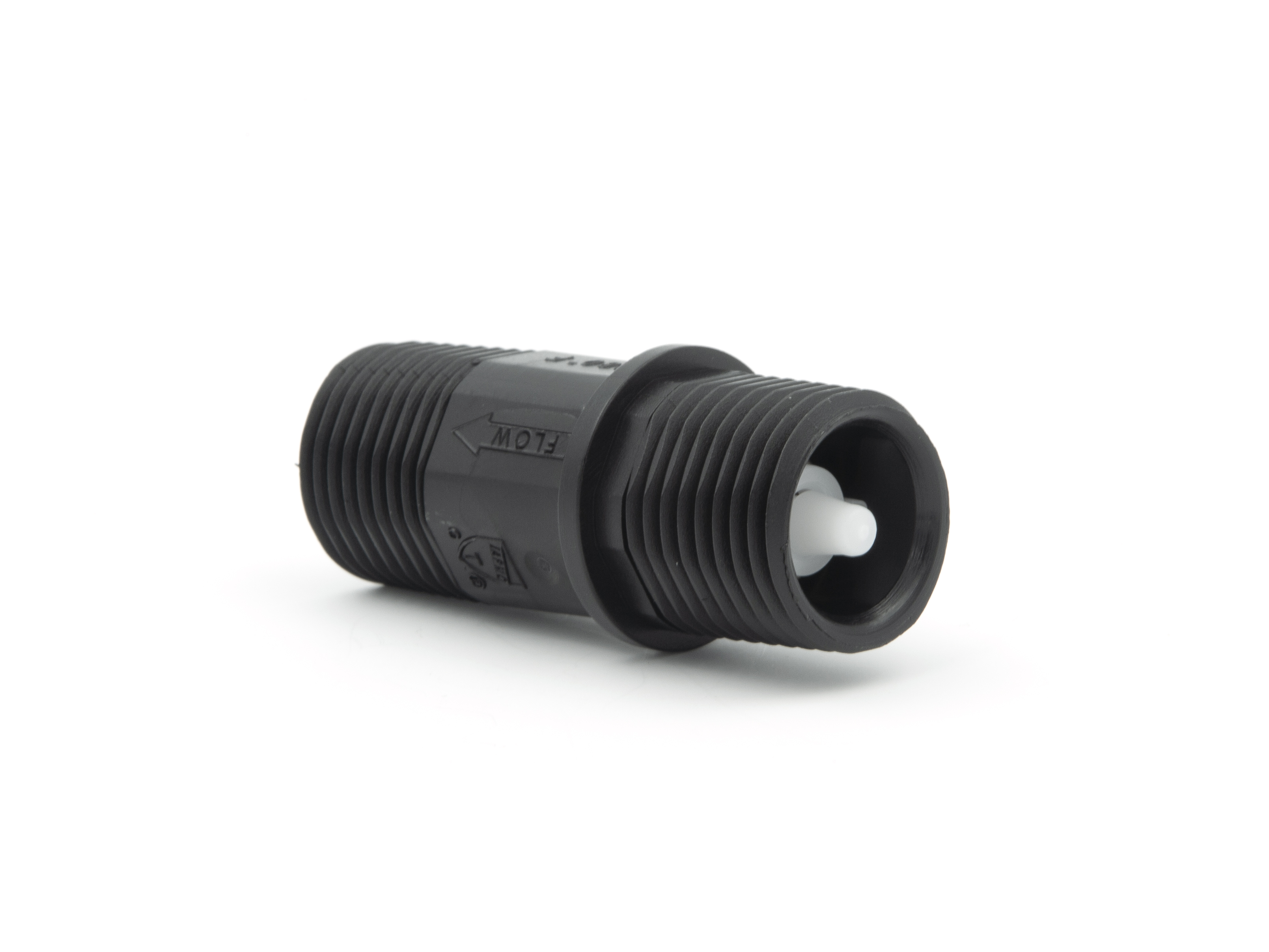
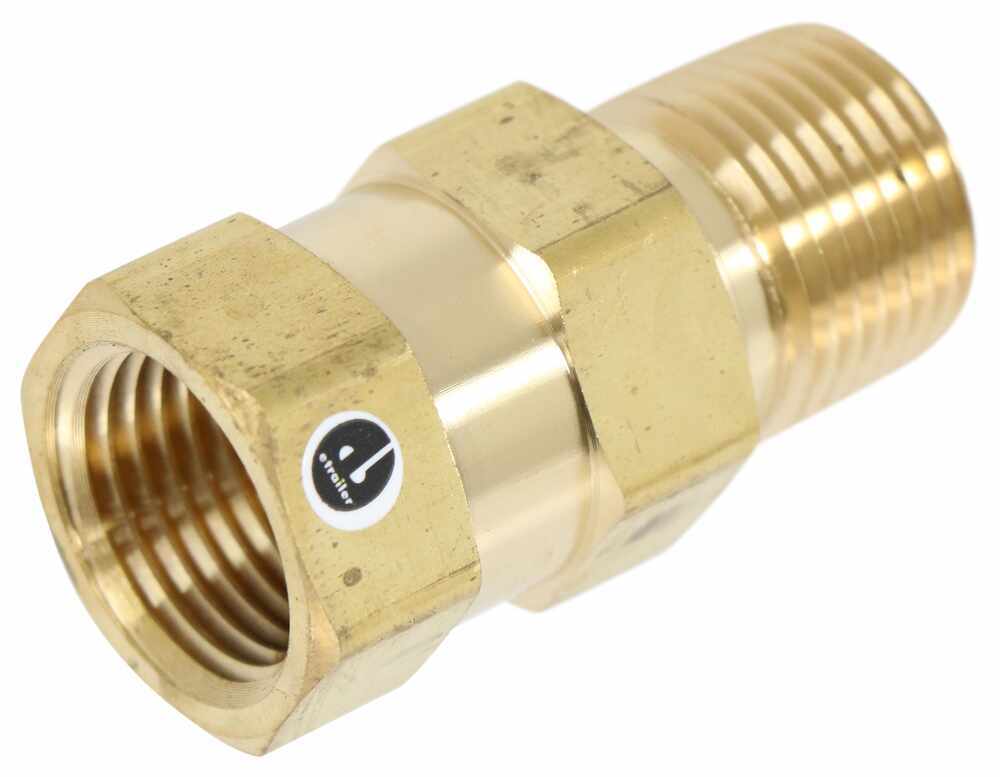
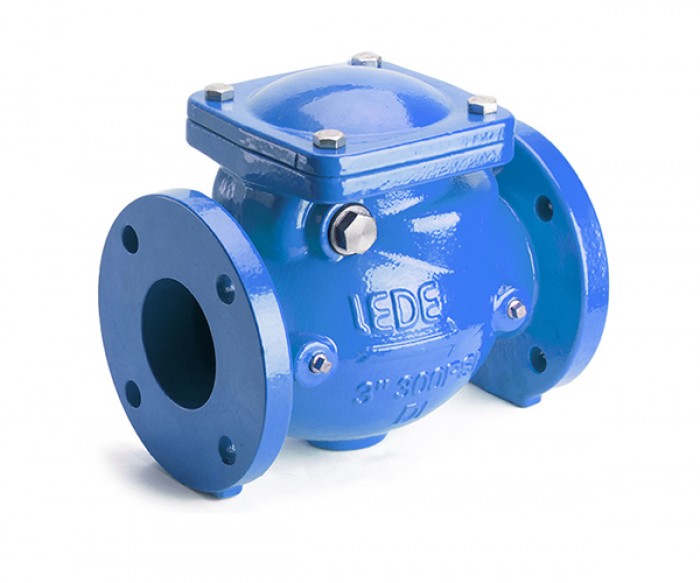
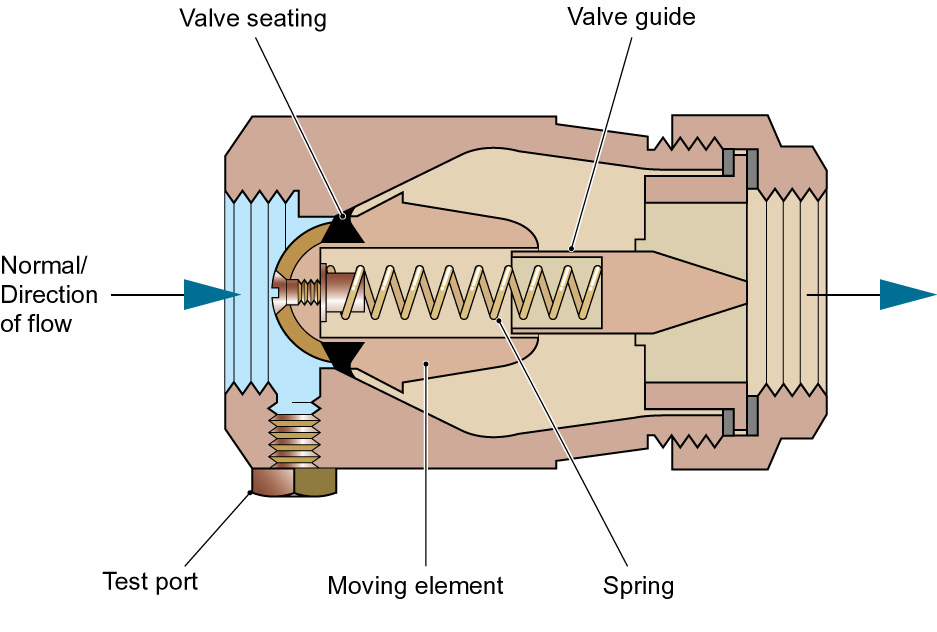

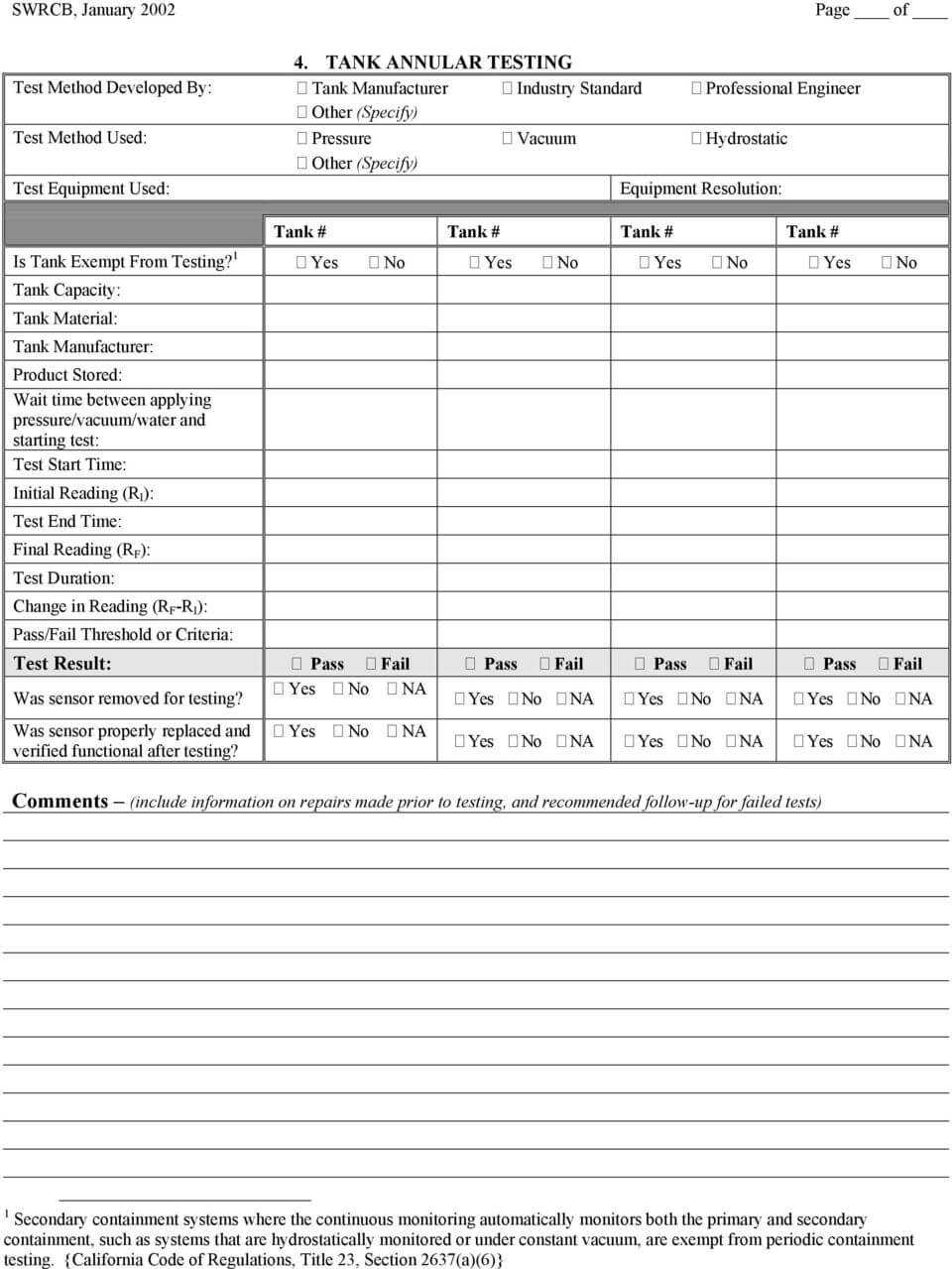
/93097679-56a73c295f9b58b7d0e81657.jpg)
/testing-water-pressure-in-your-home-2718692-hero-98f45508ca5d44b6b551034ac5cedab5.jpg)
:max_bytes(150000):strip_icc()/testing-water-pressure-in-your-home-2718692-04-c37ab3236d0d4b61b87079ebf9ef823e-c1e1ef0104fb44778a287bd9bb5ec140.jpeg)
:max_bytes(150000):strip_icc()/the-men-s-hand-opens-the-ball-valve-on-the-collector-1006810456-5c5fc73fc9e77c000159c4af.jpg)

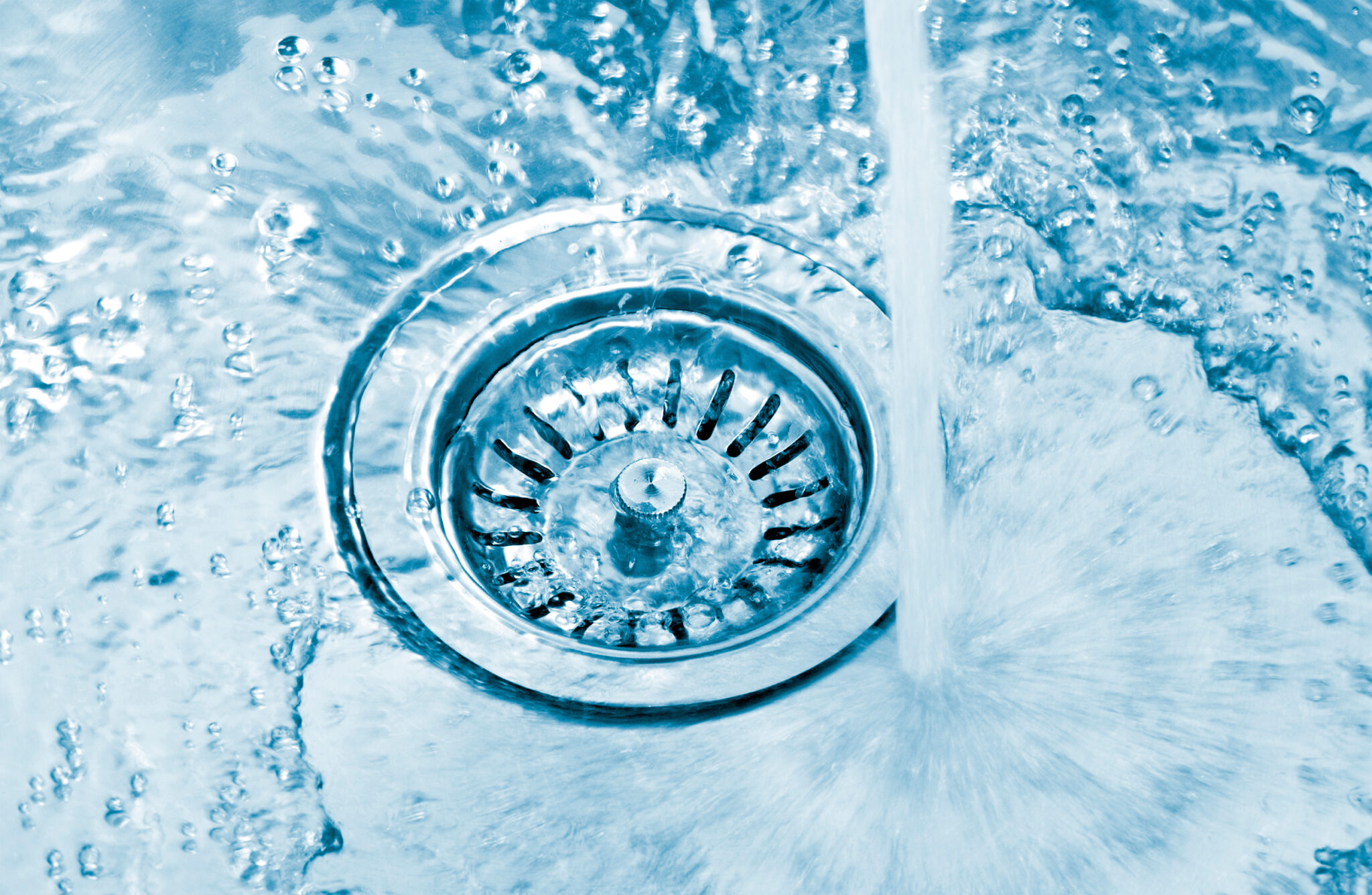
/JodiJacobson-waterpressure-5b9bf850c9e77c0050a2d8aa.jpg)

